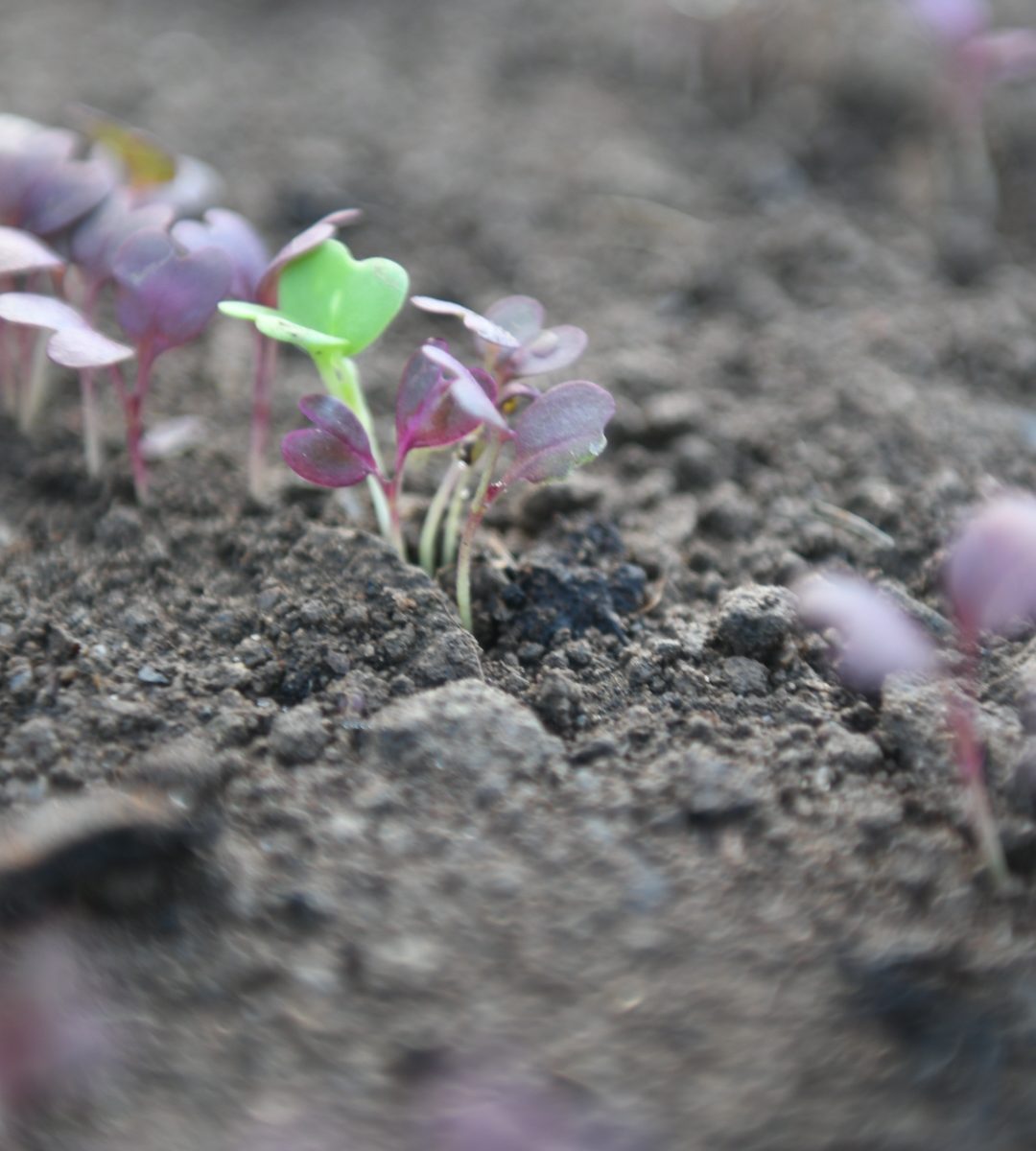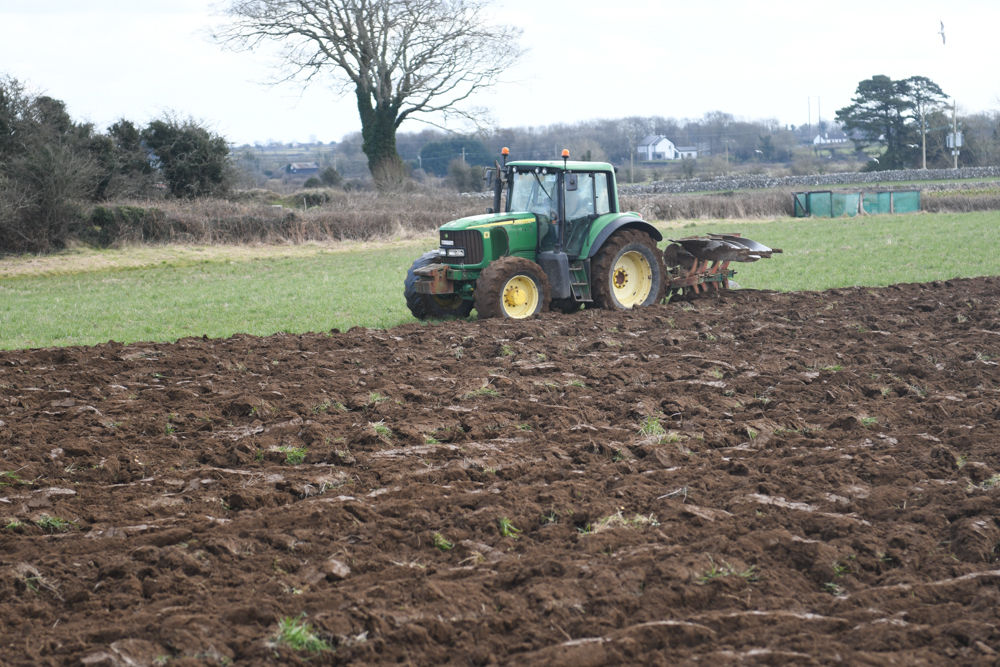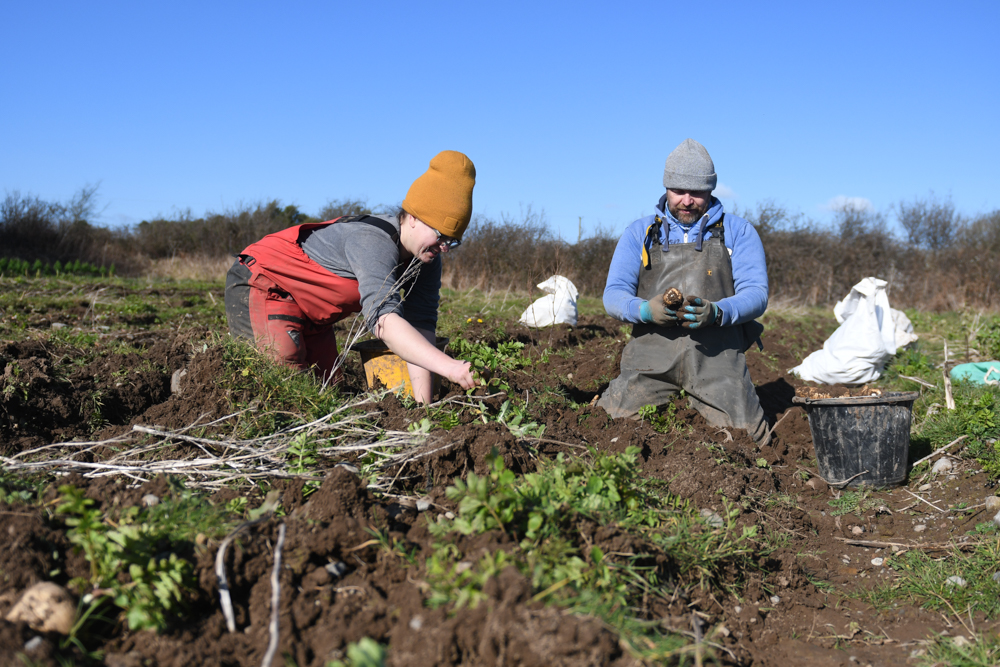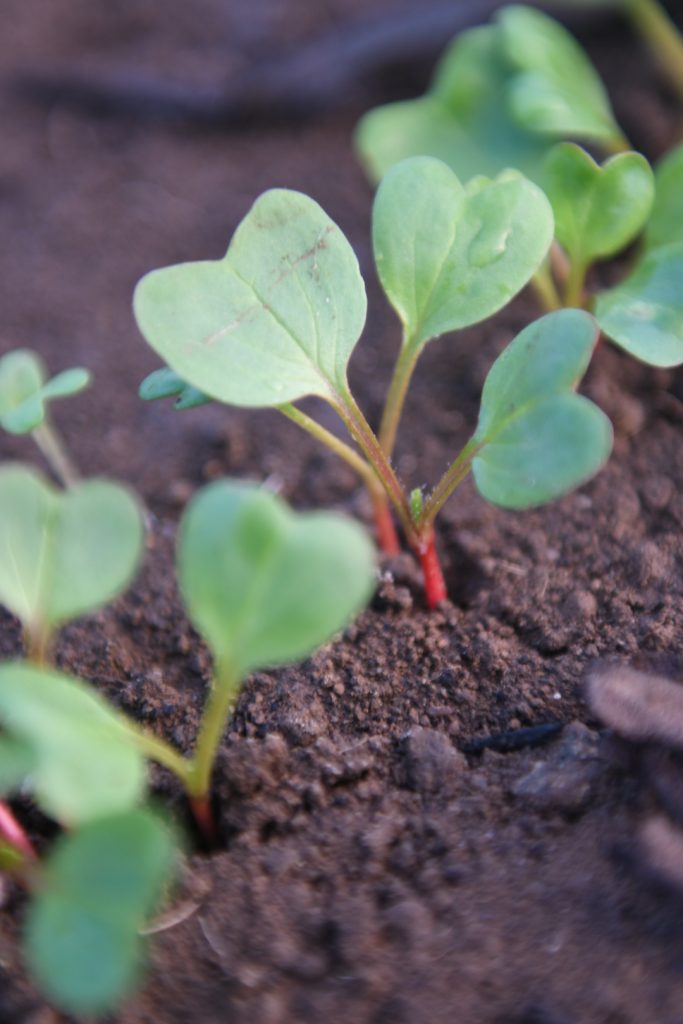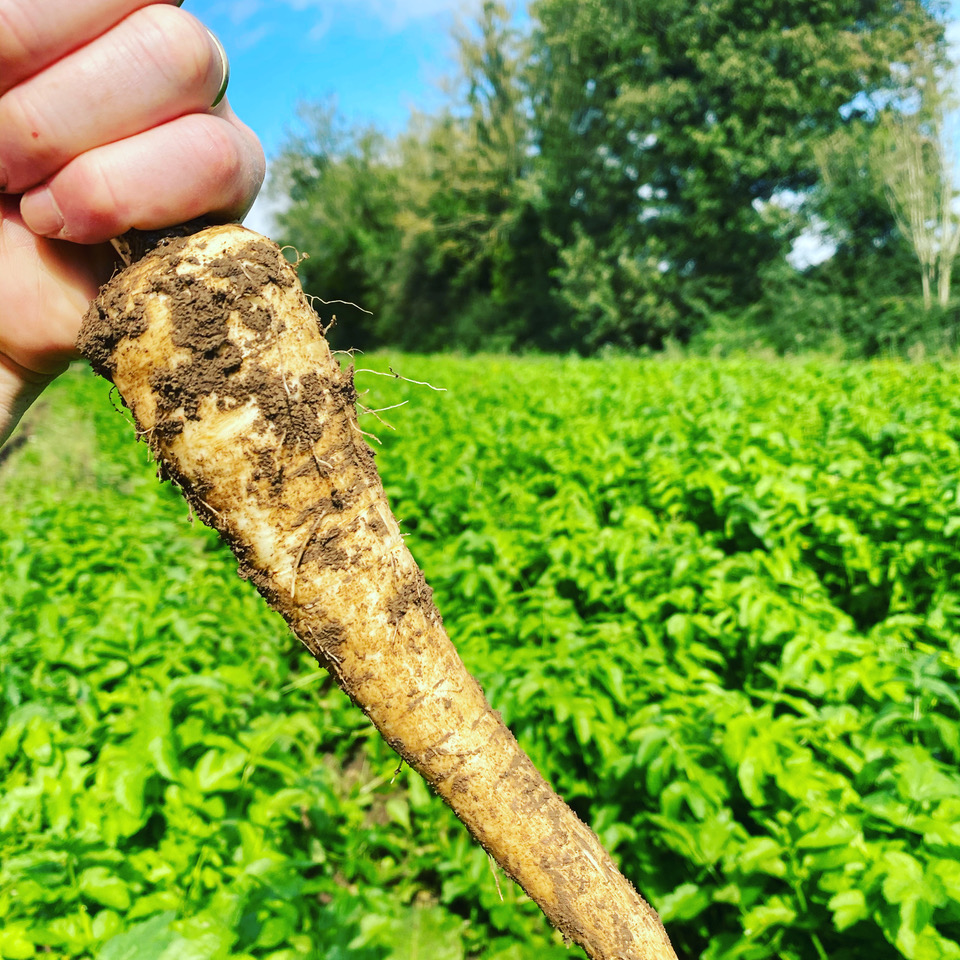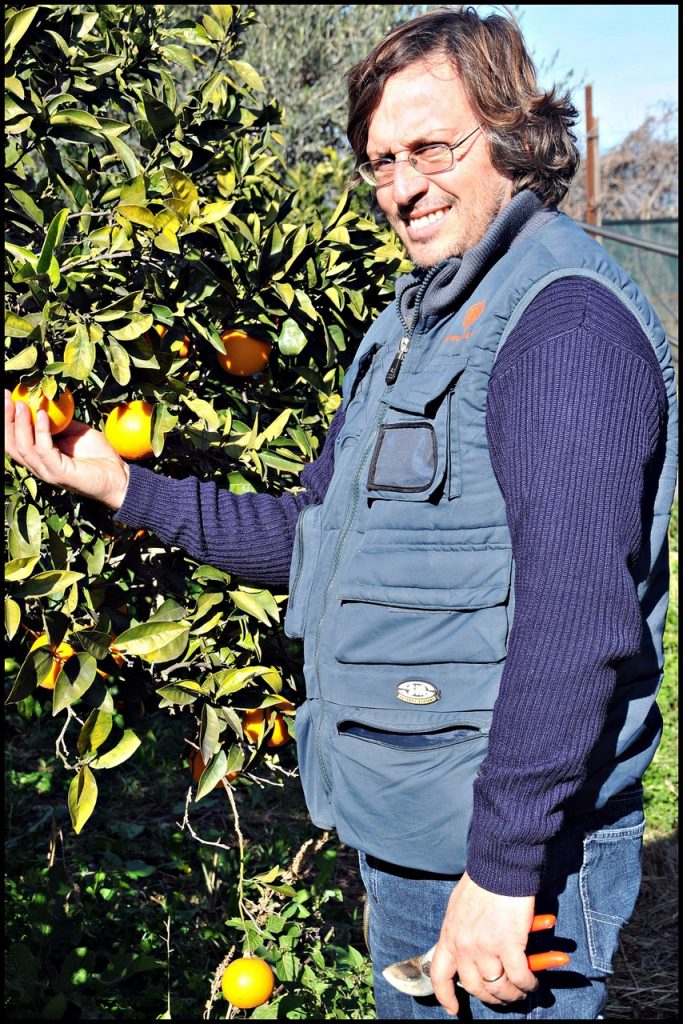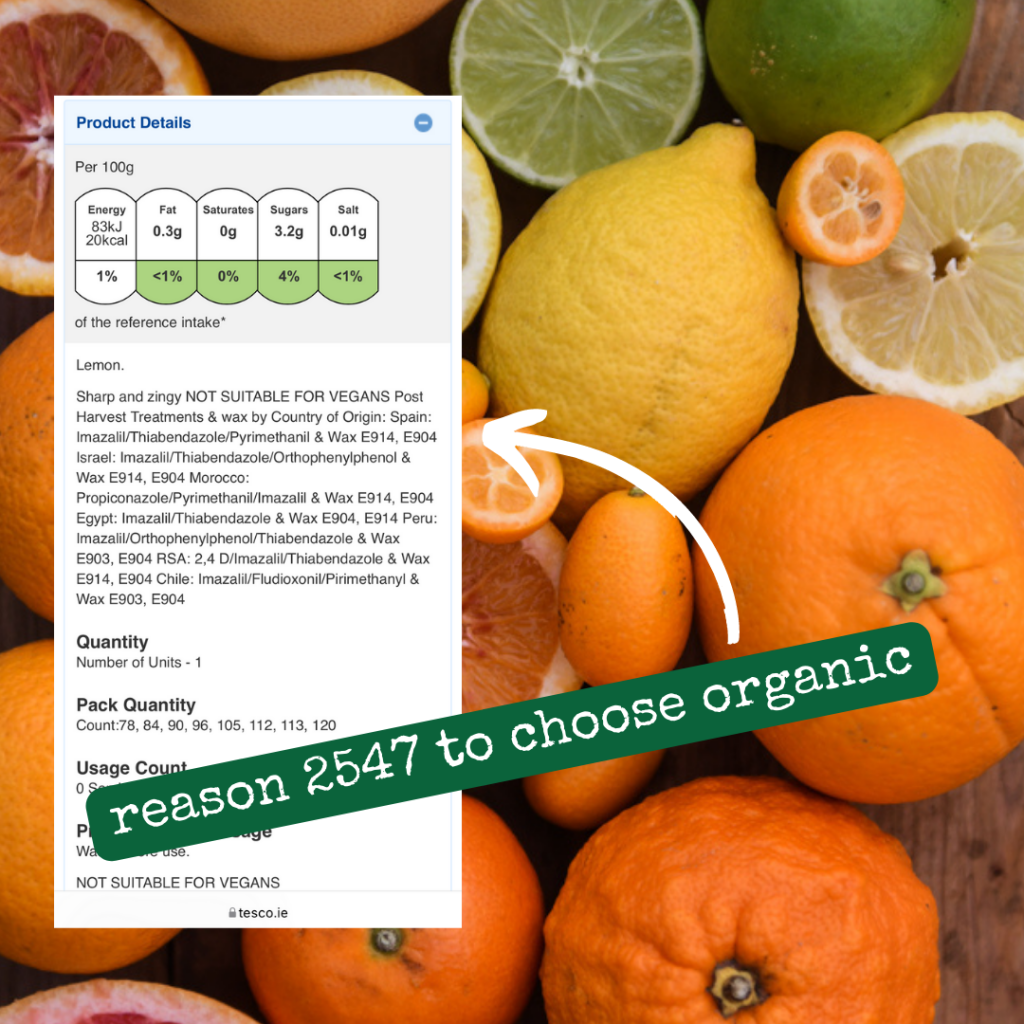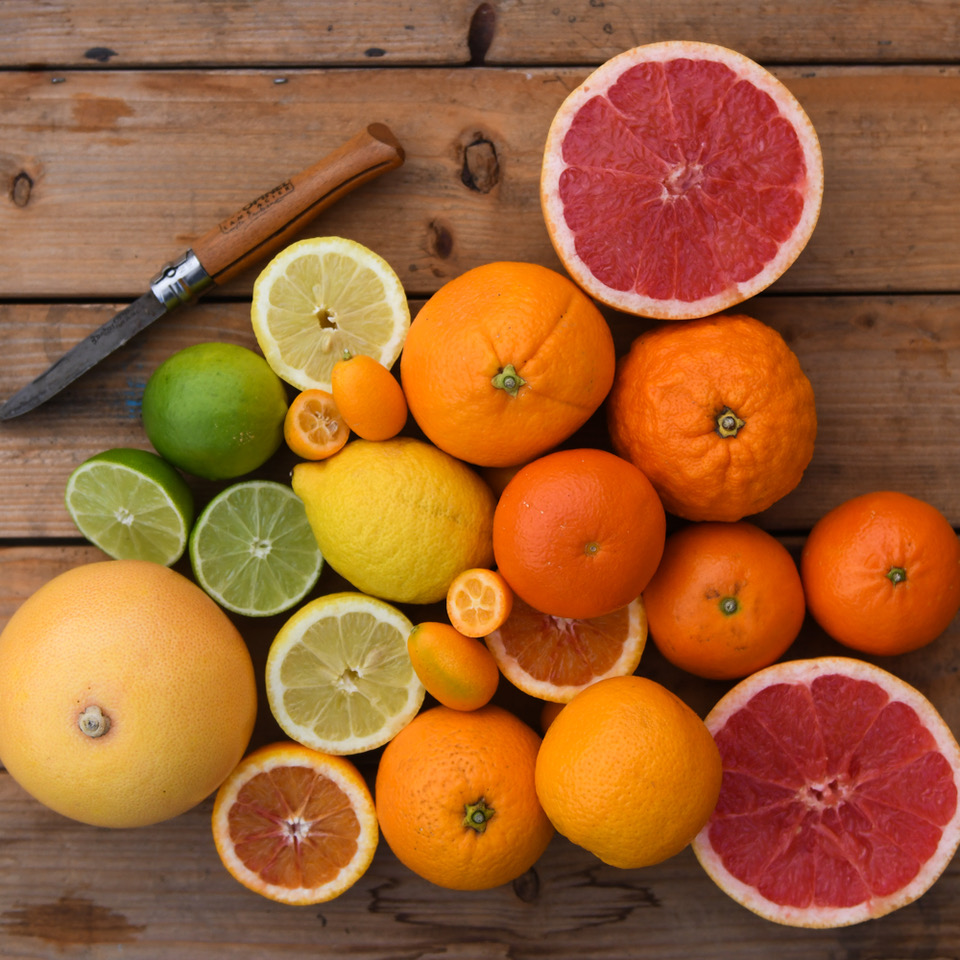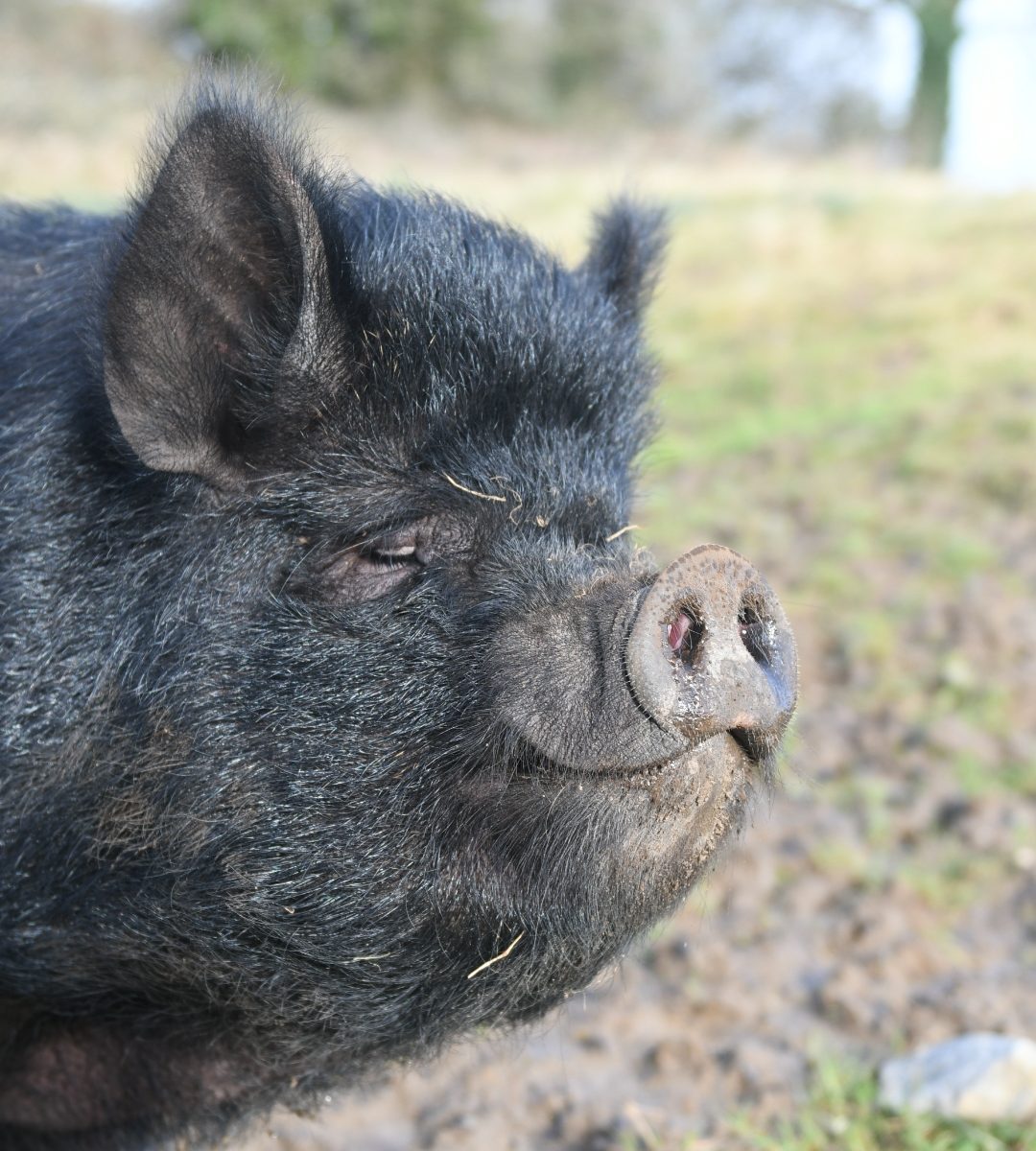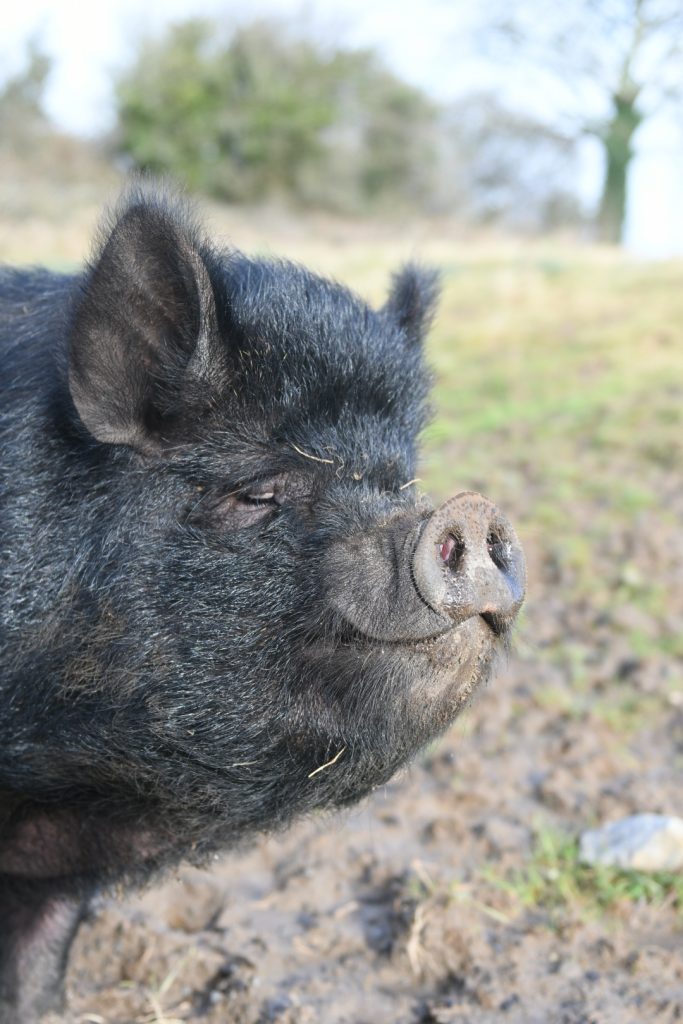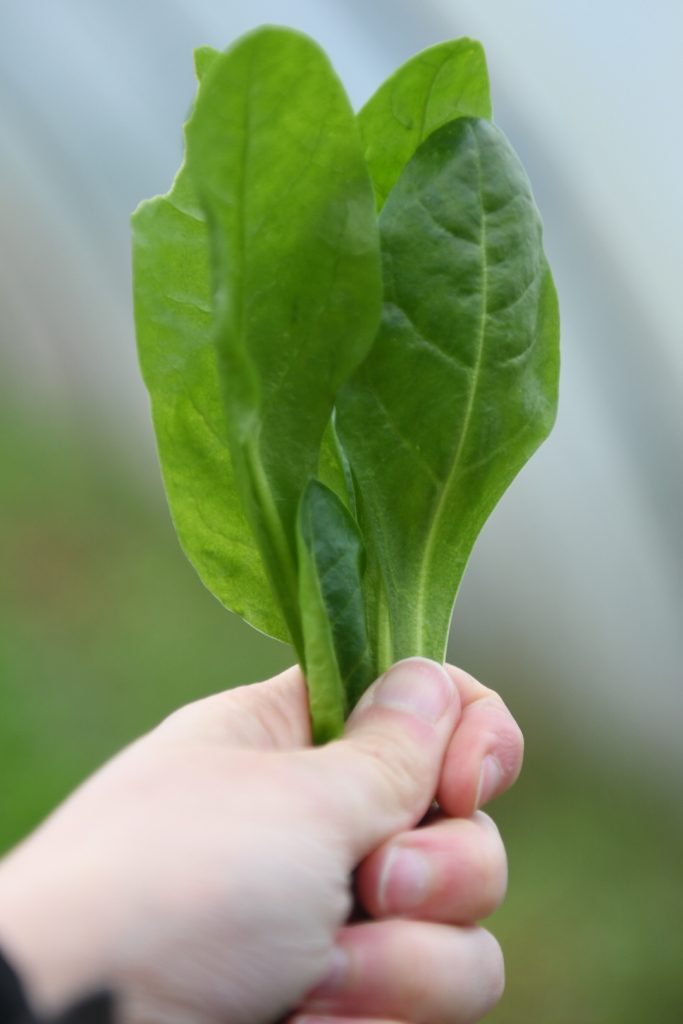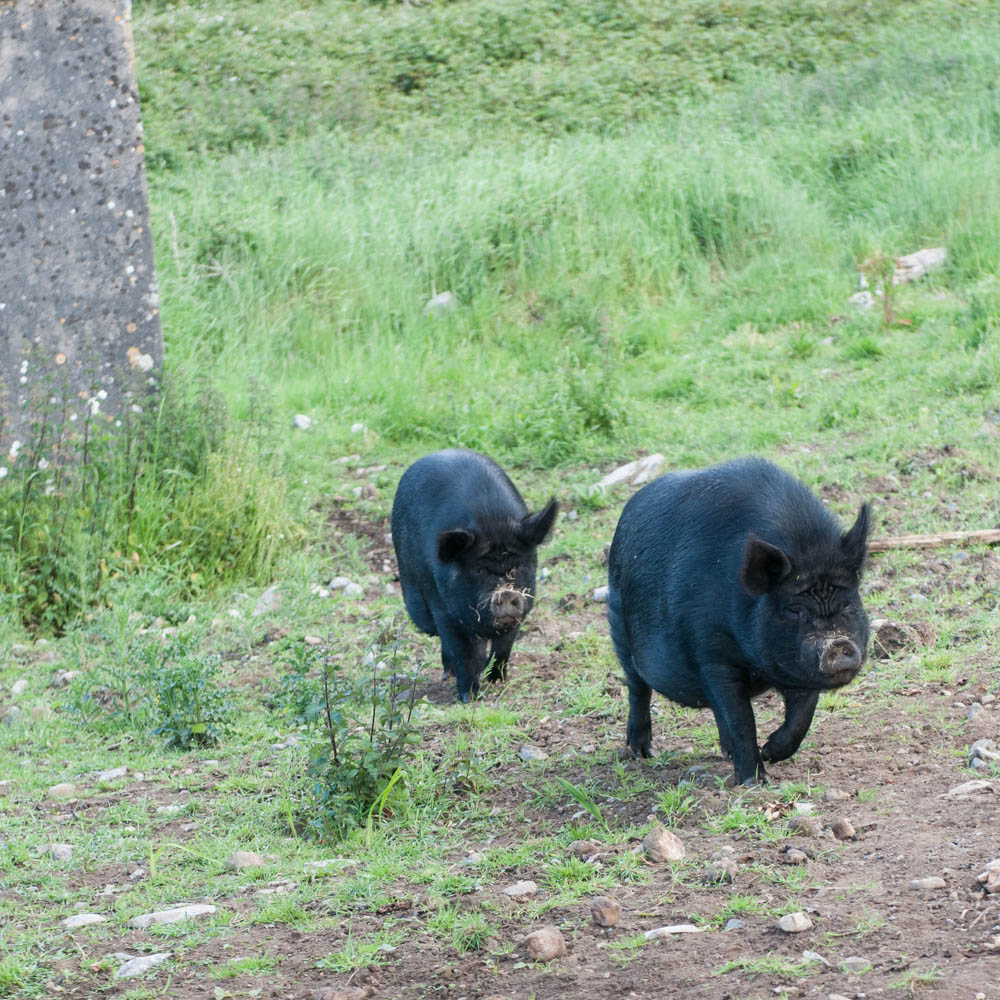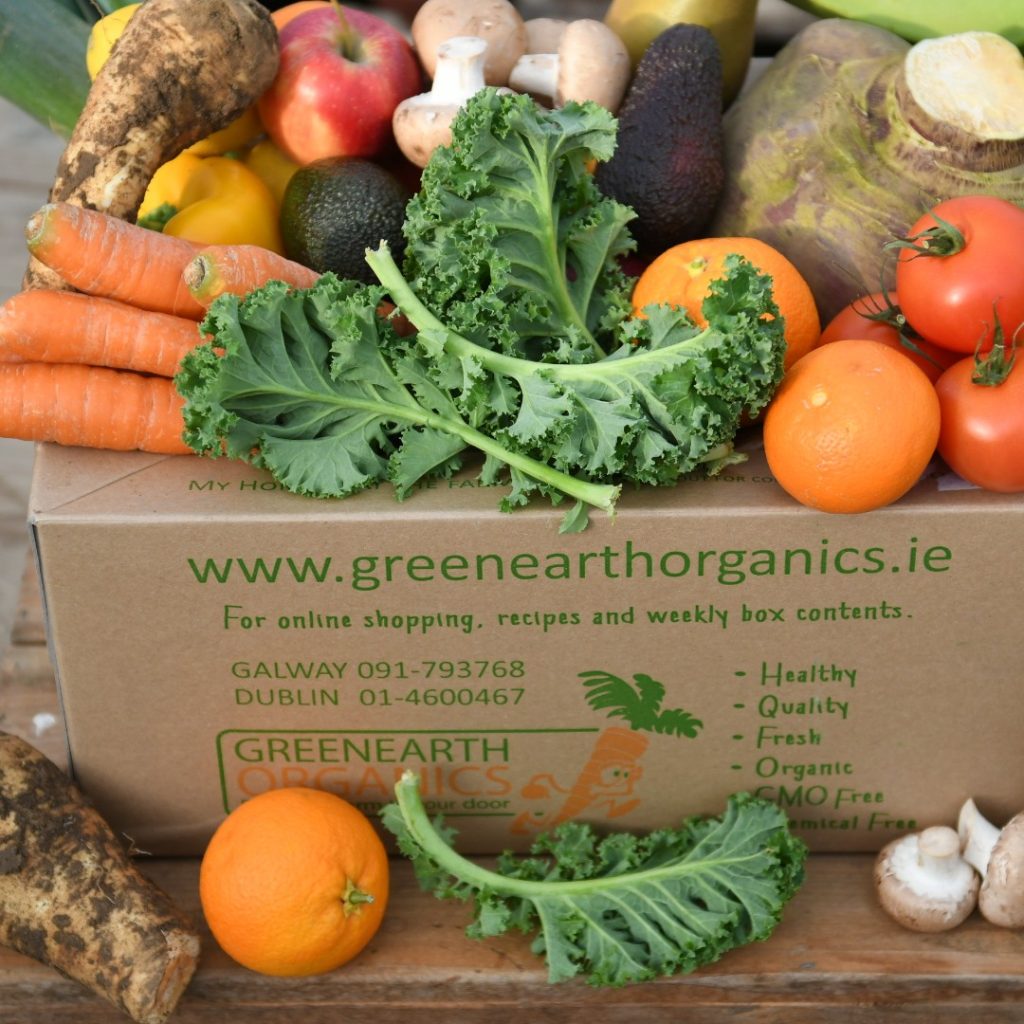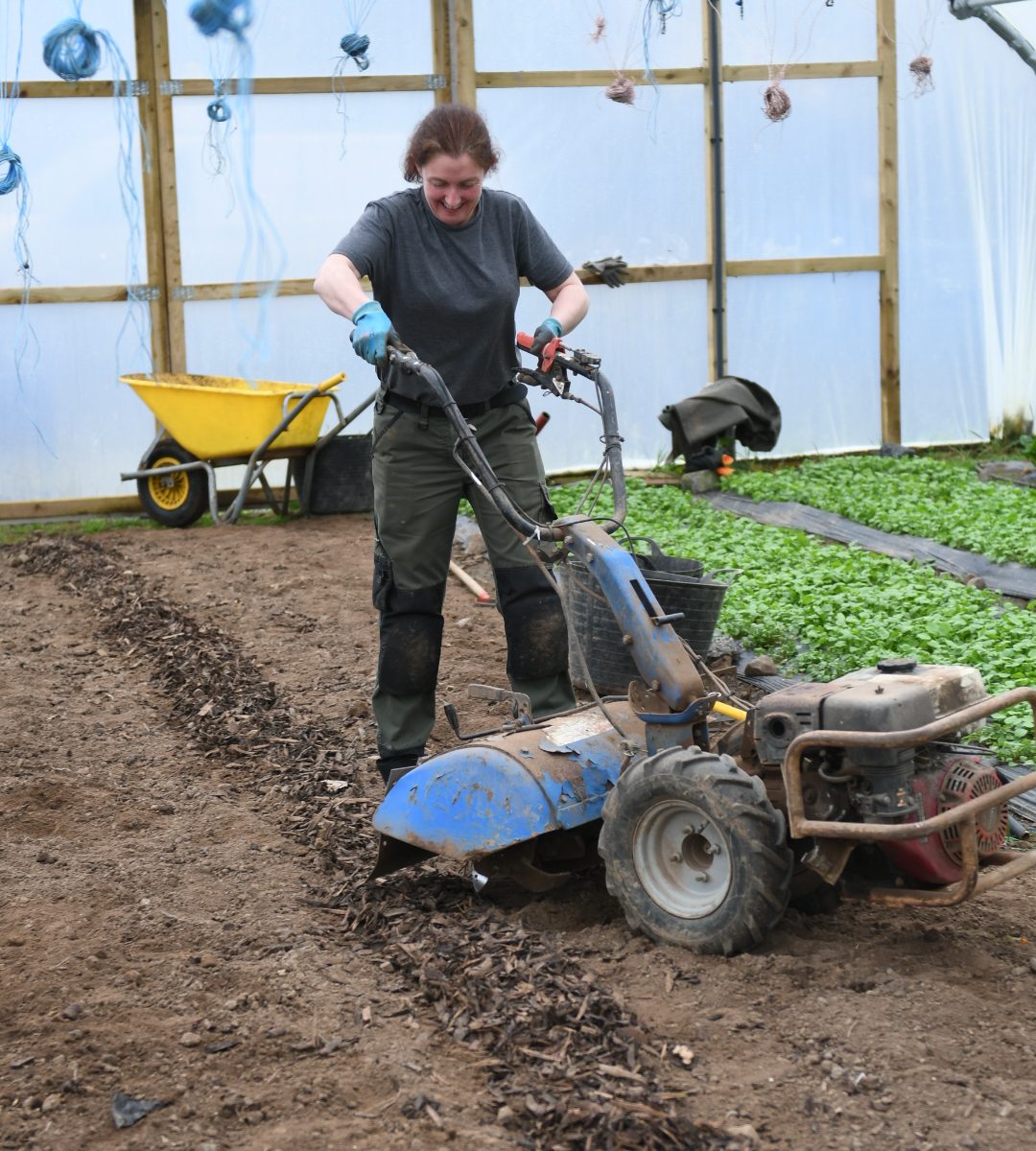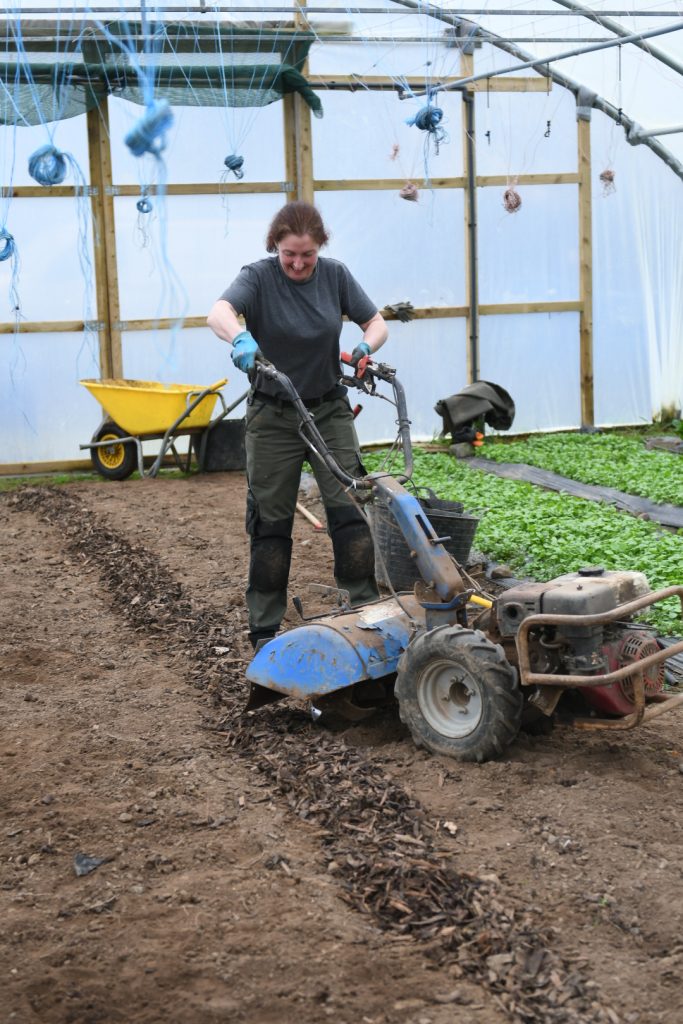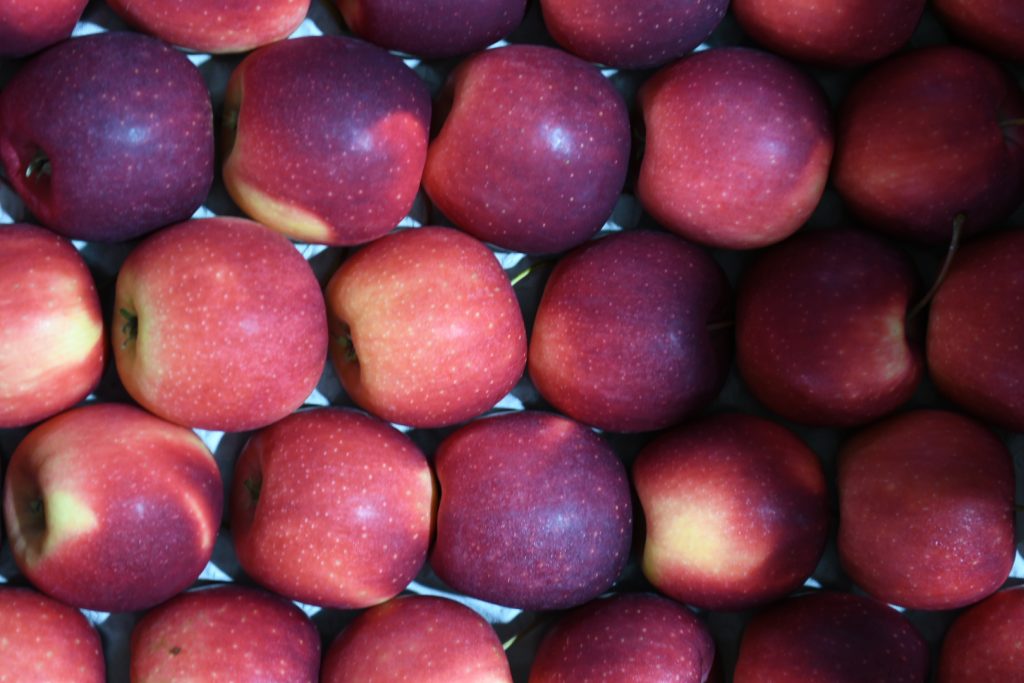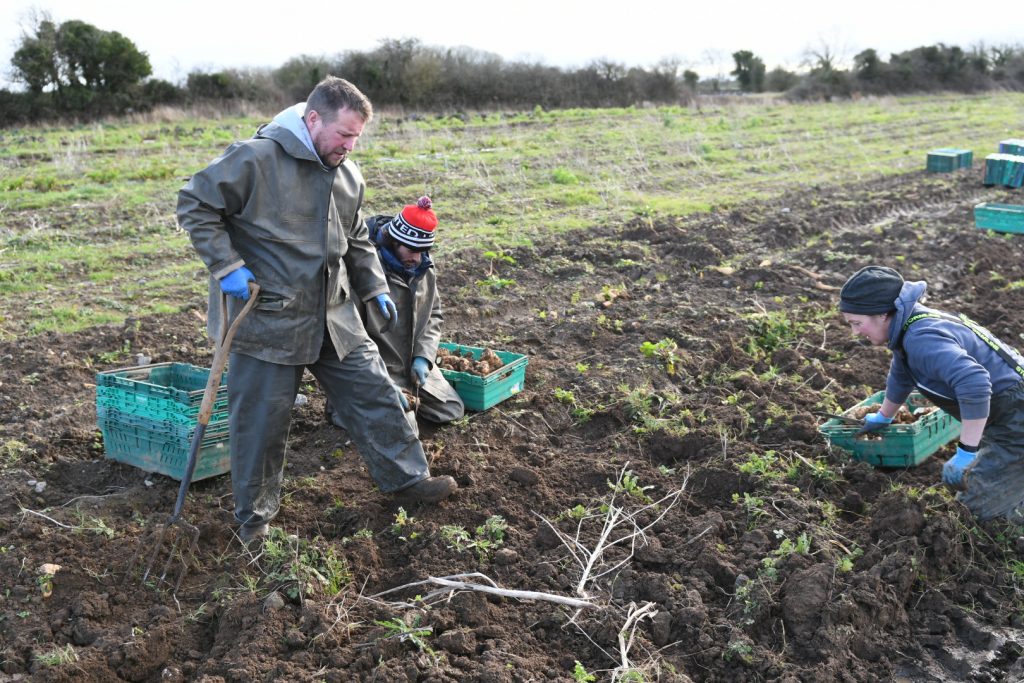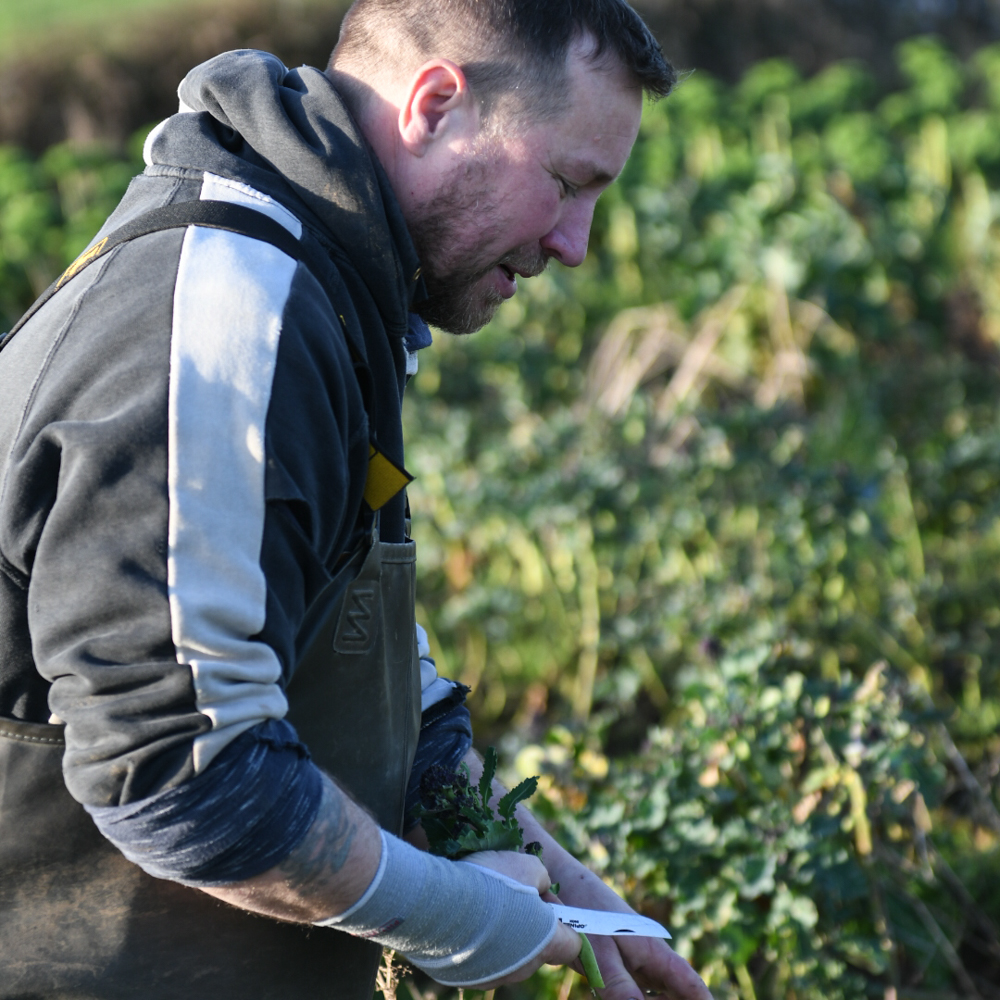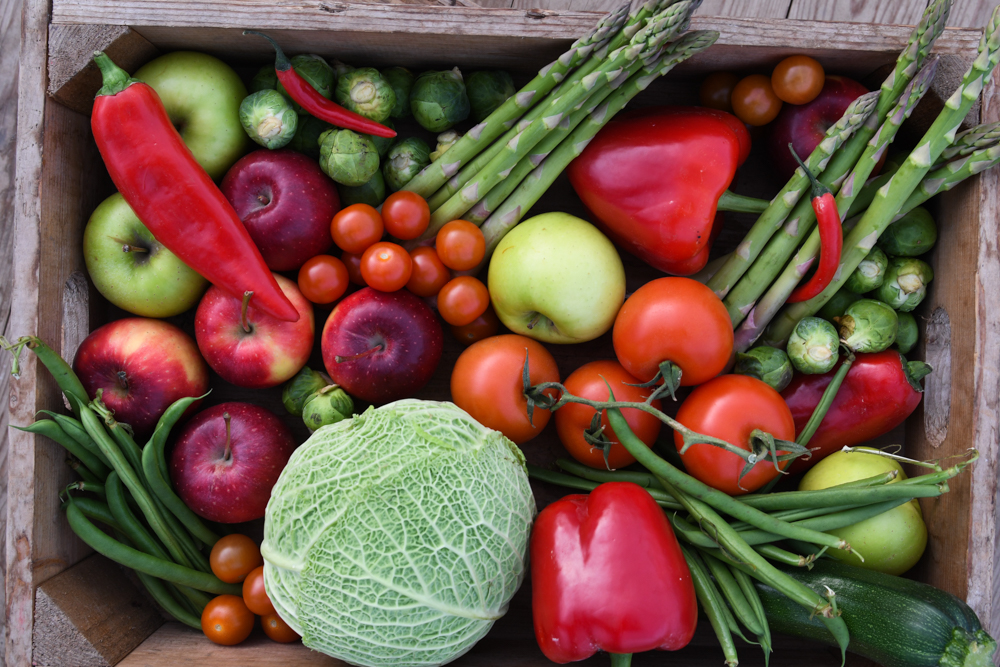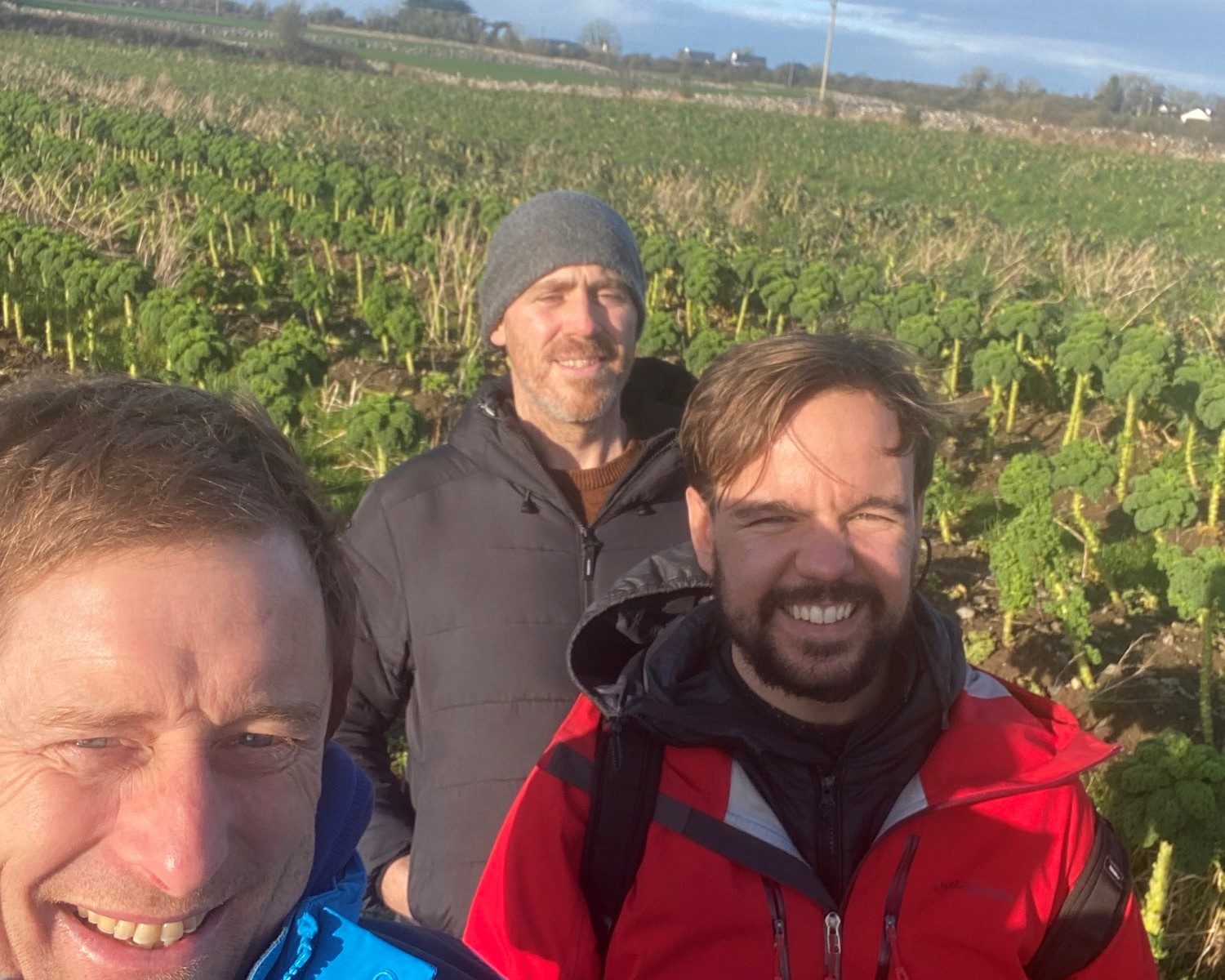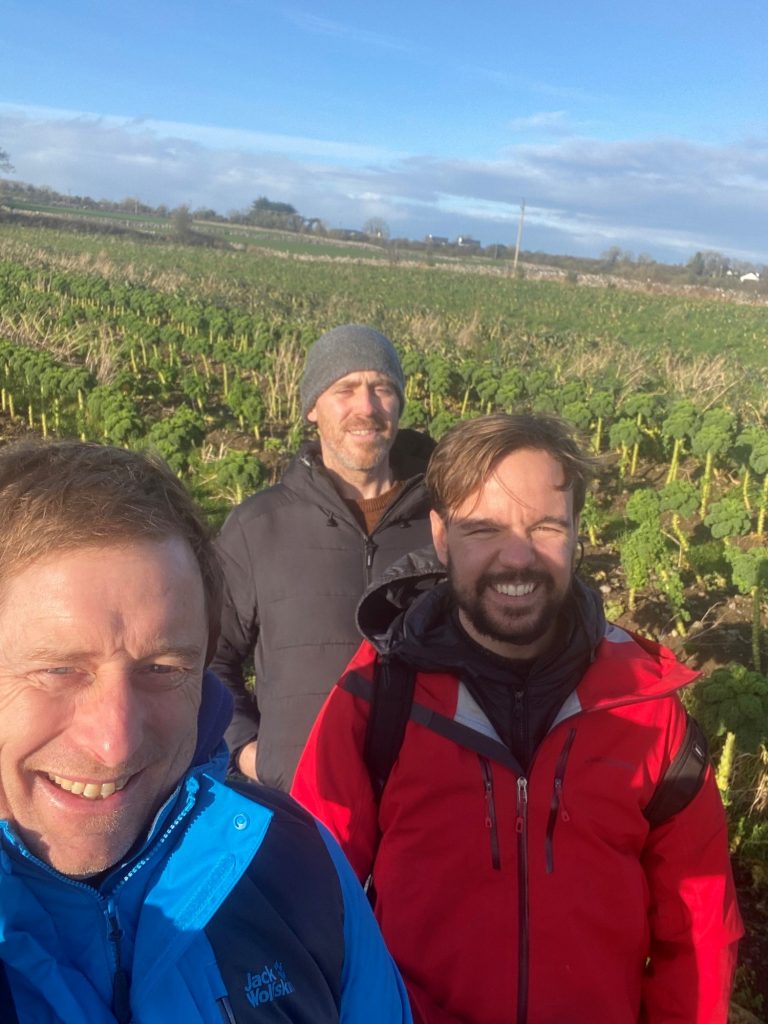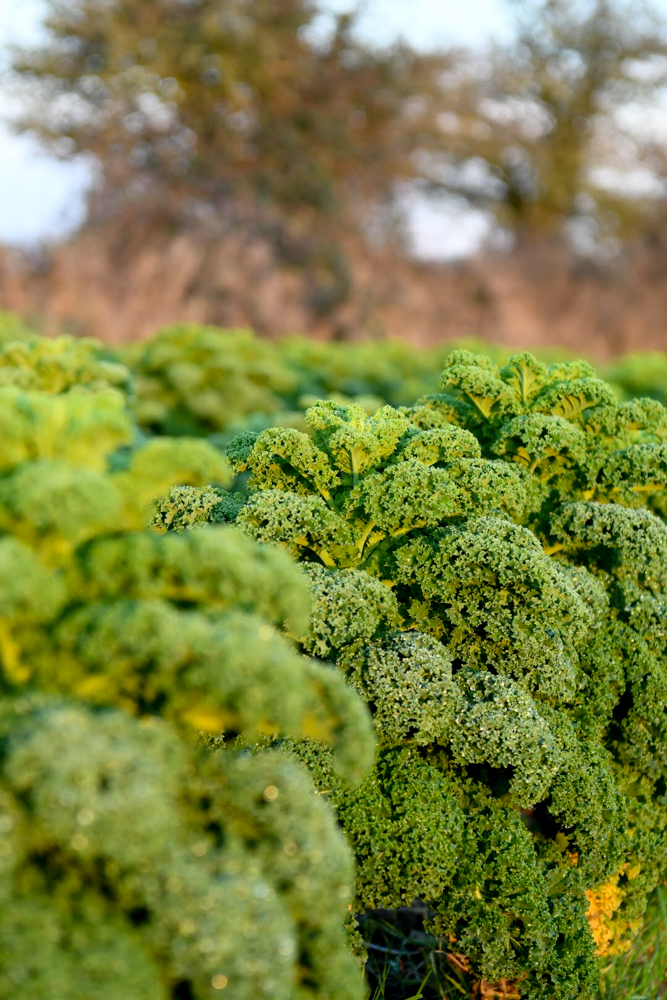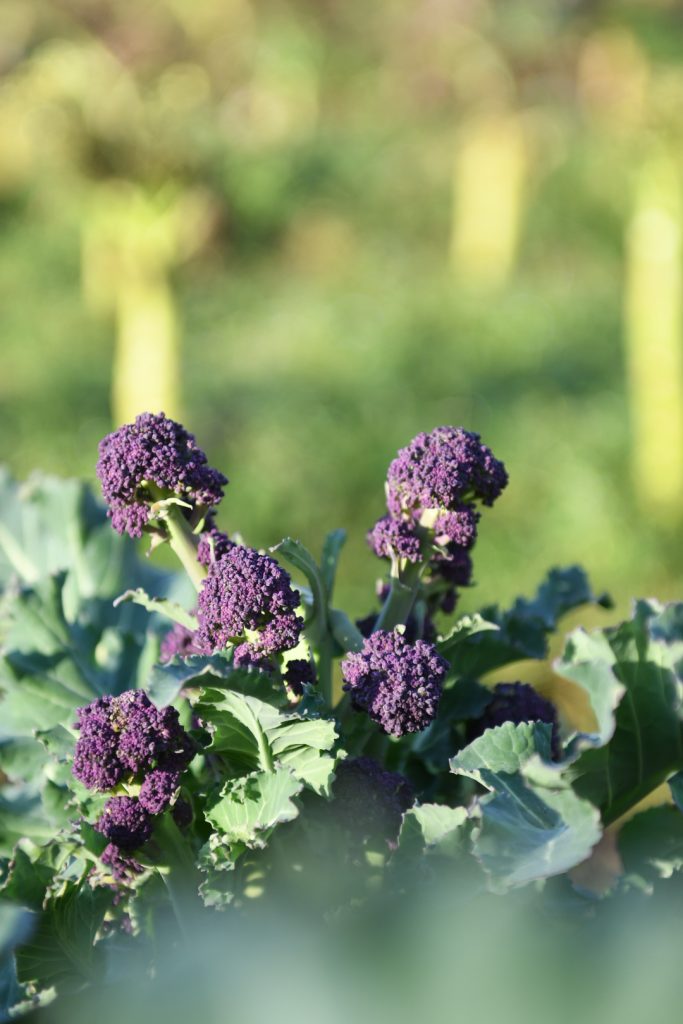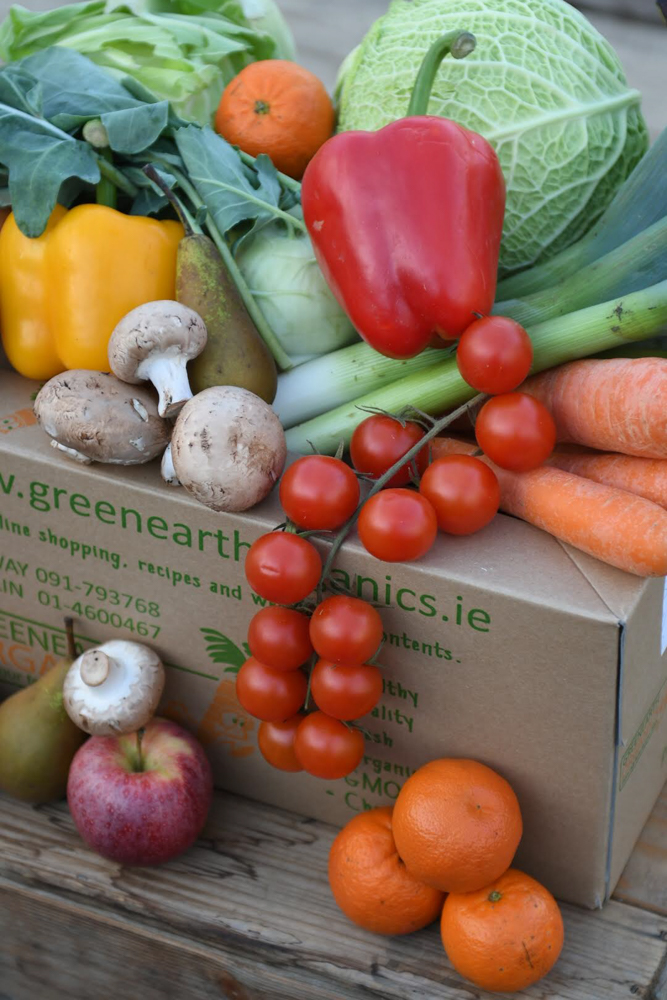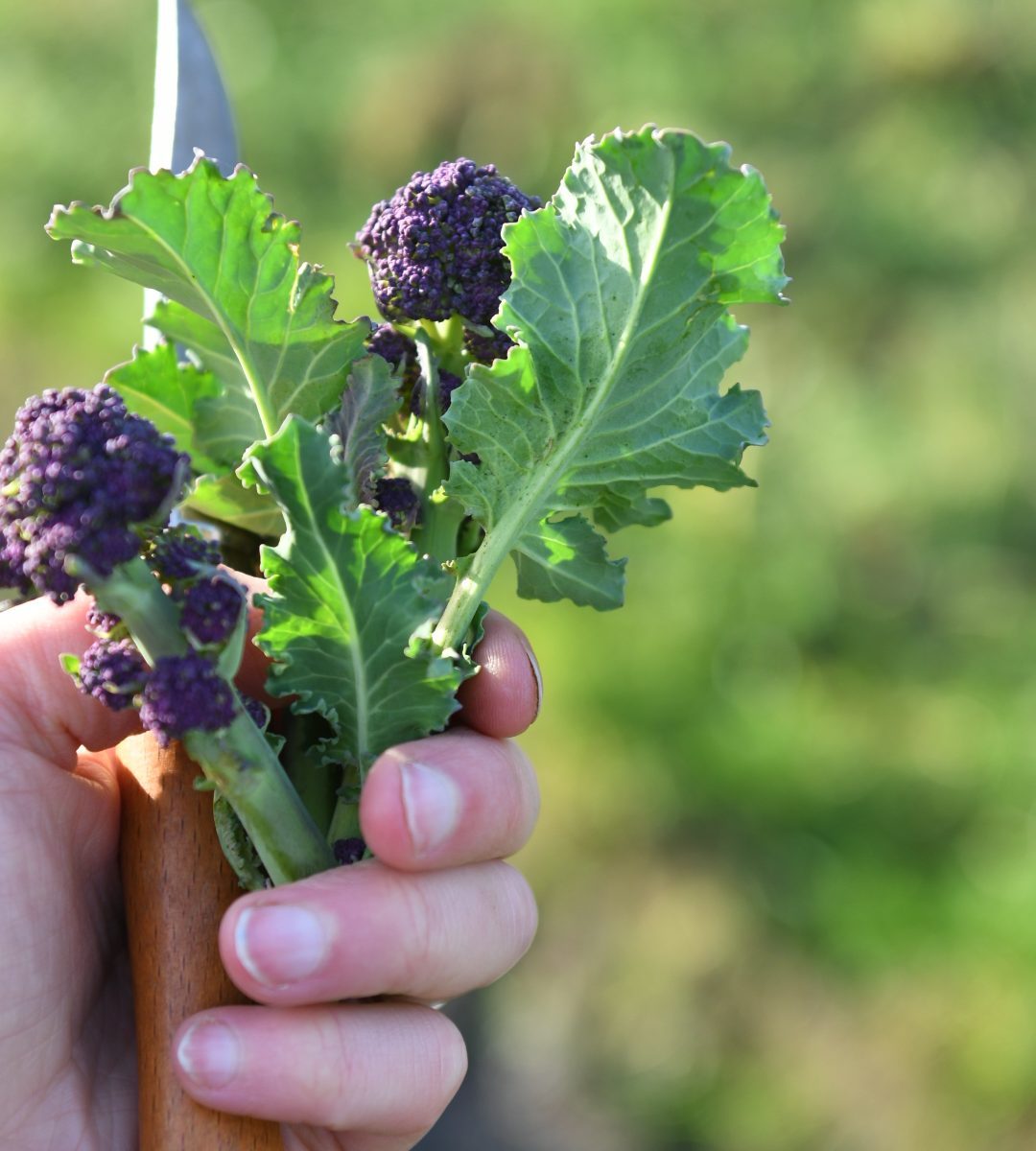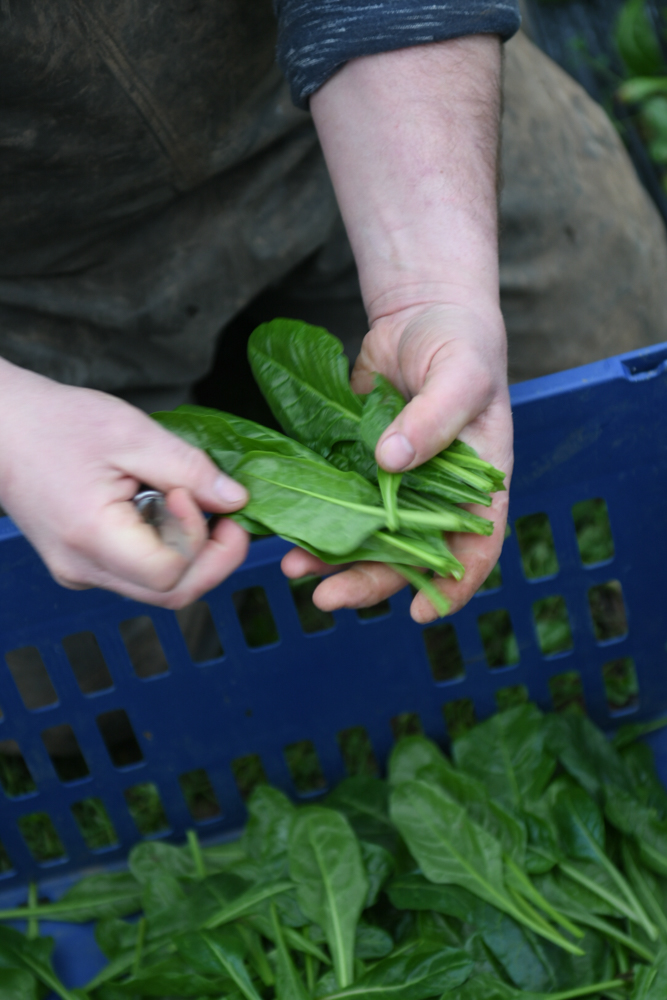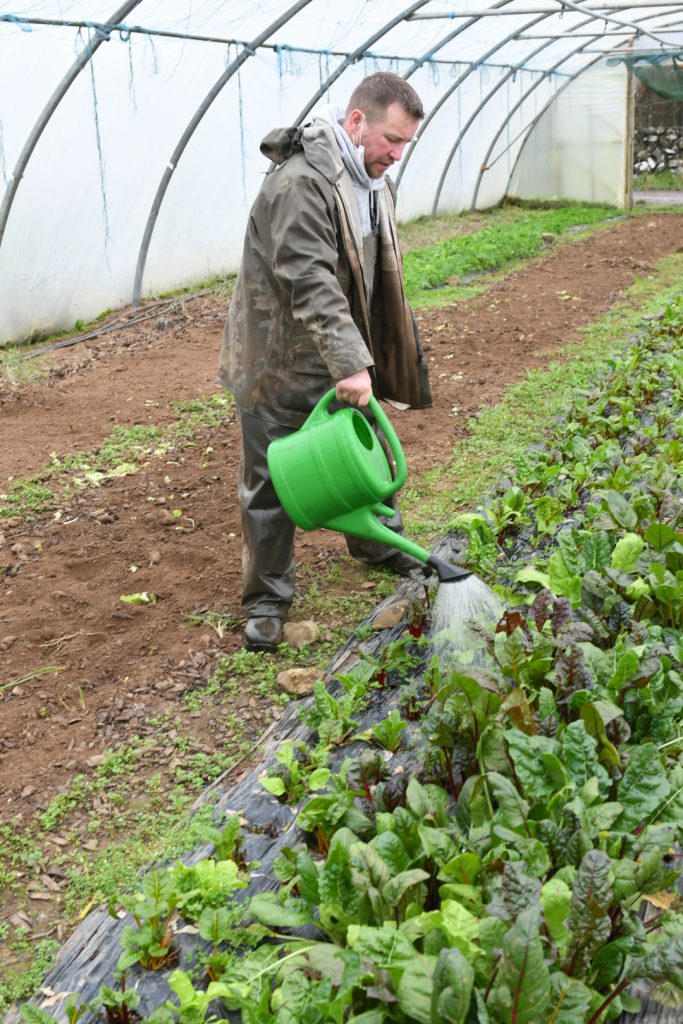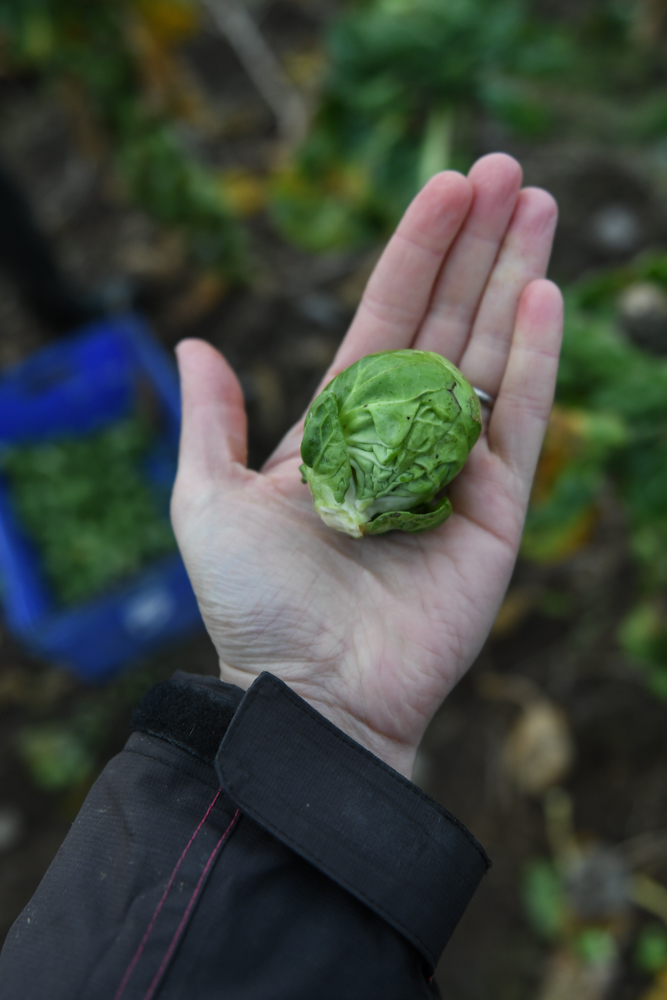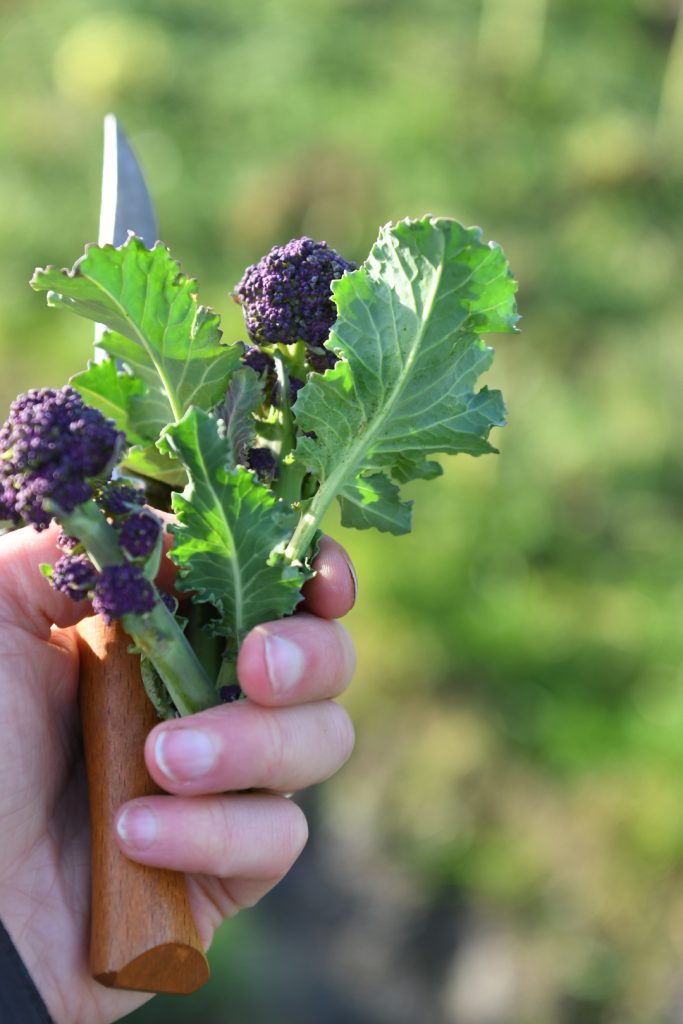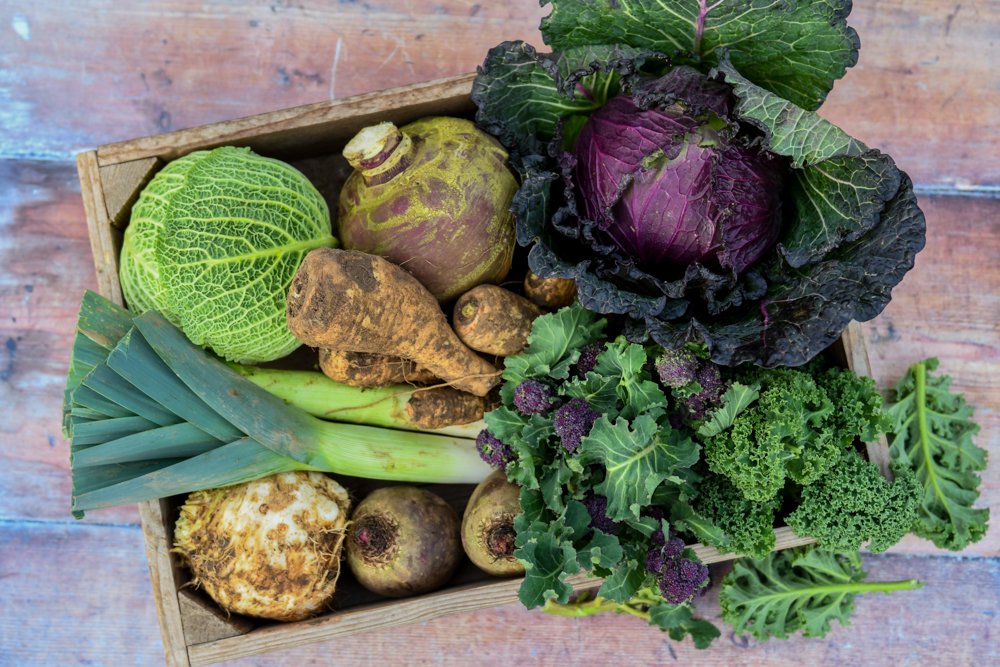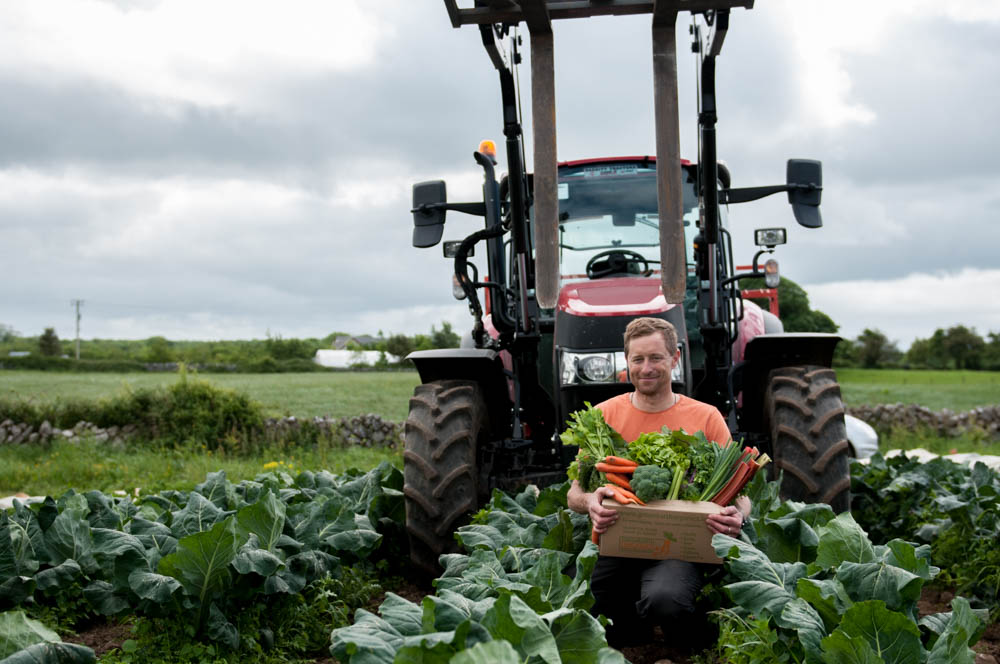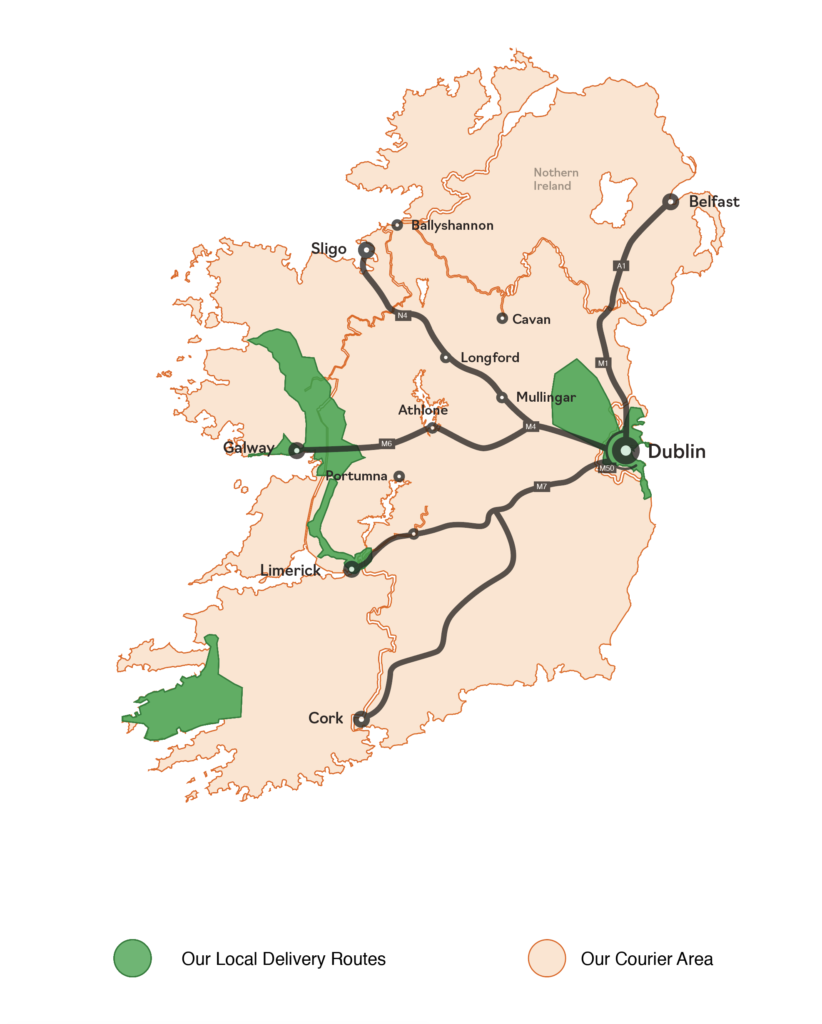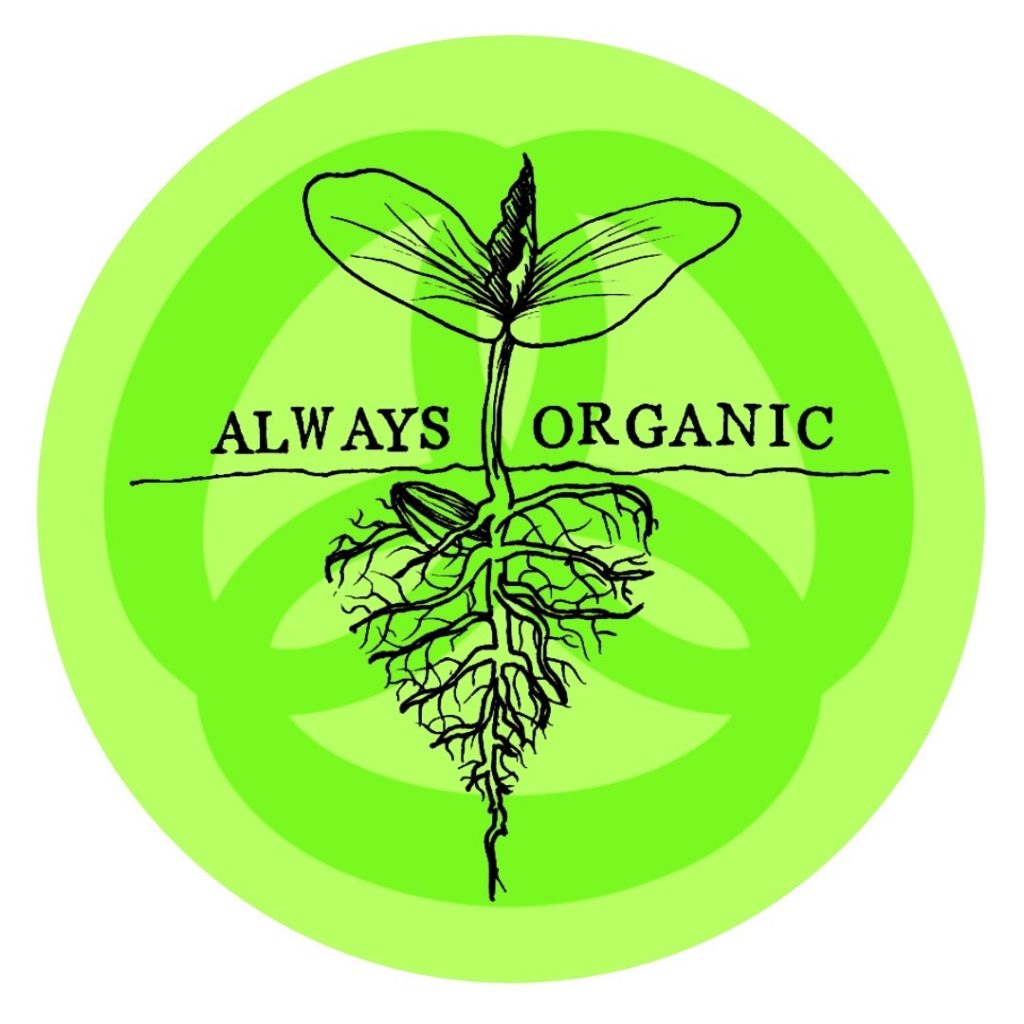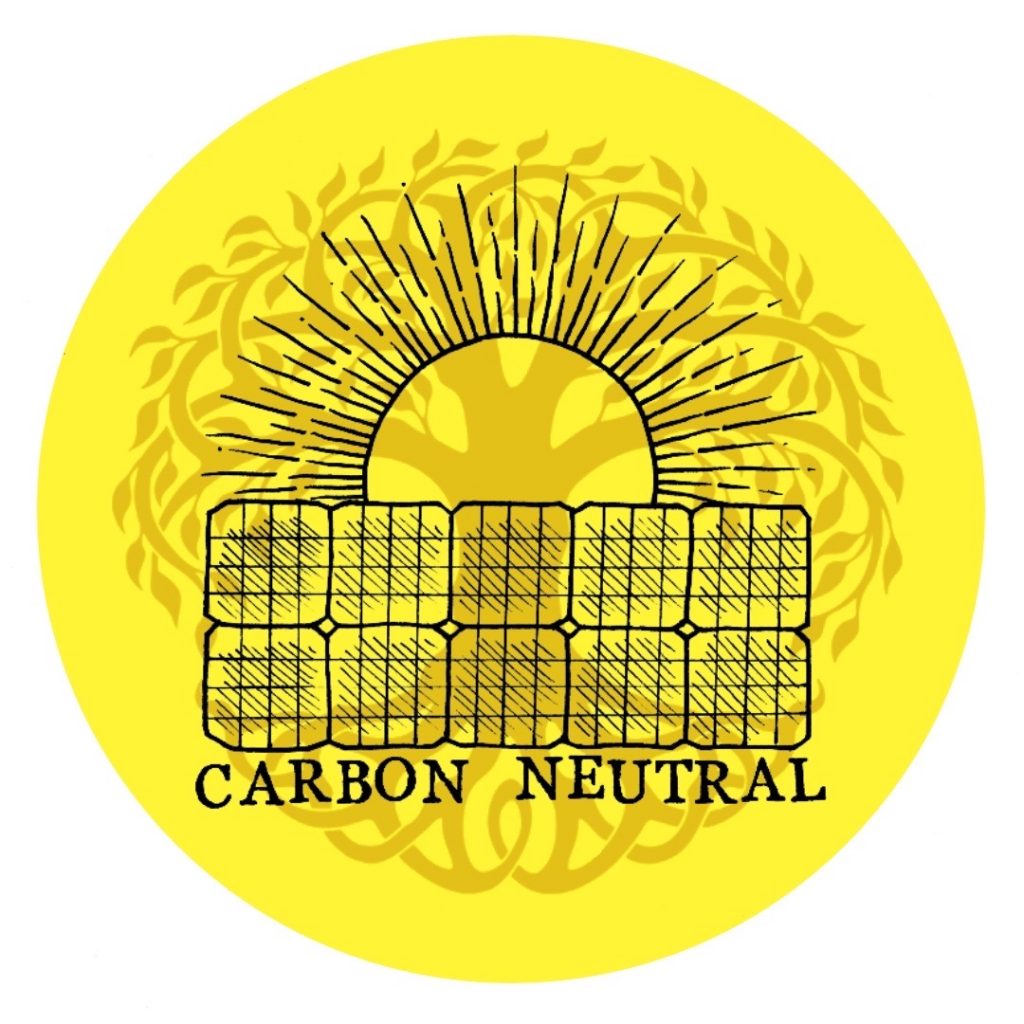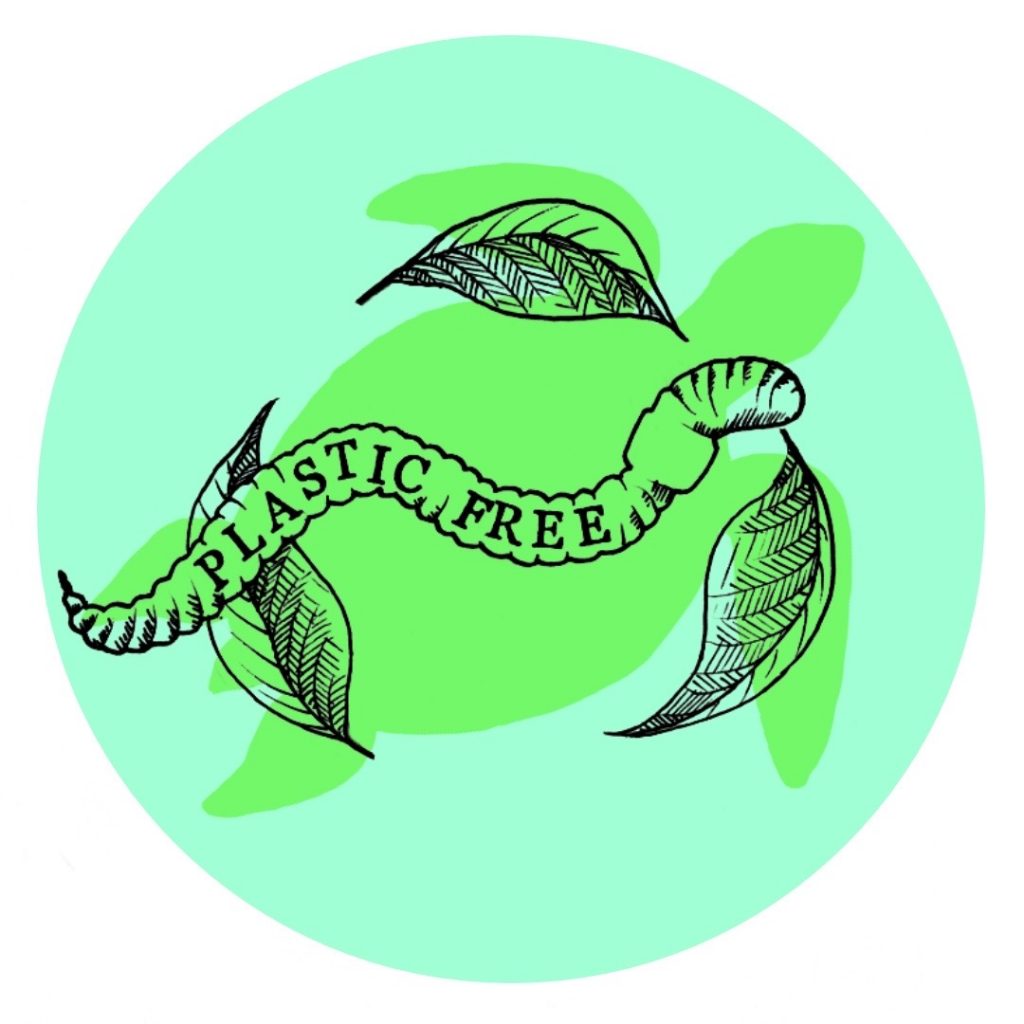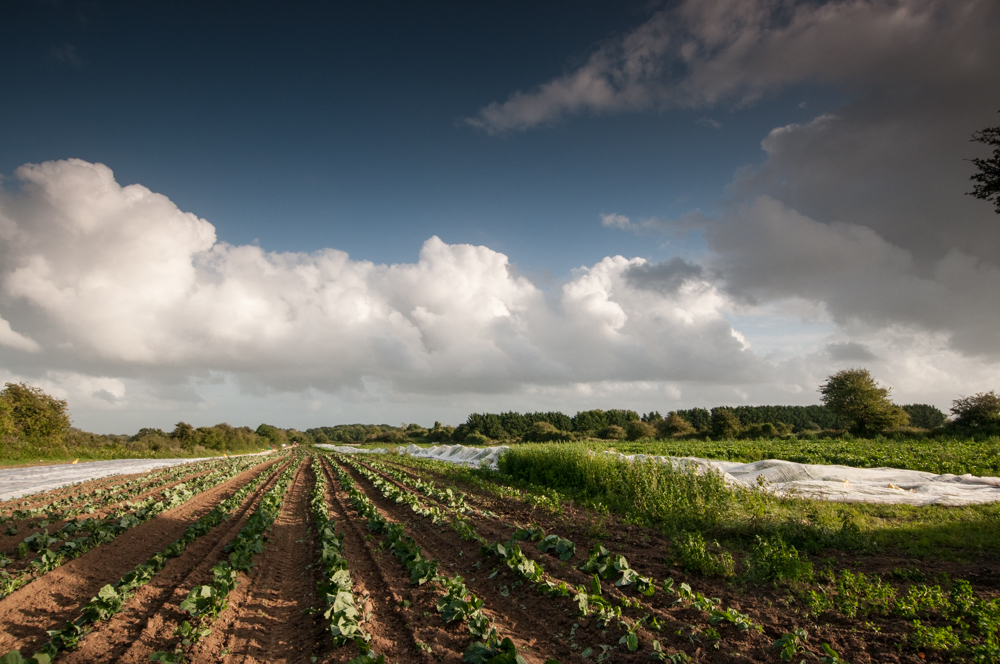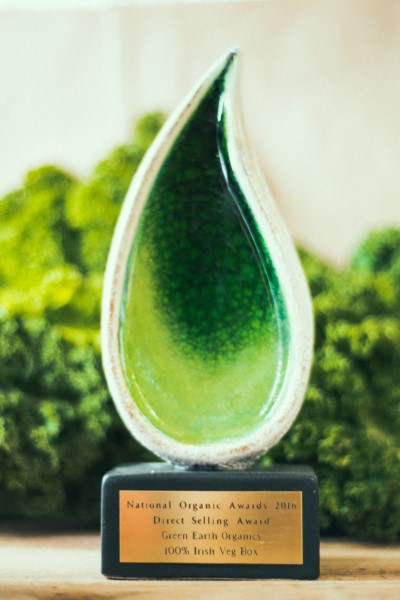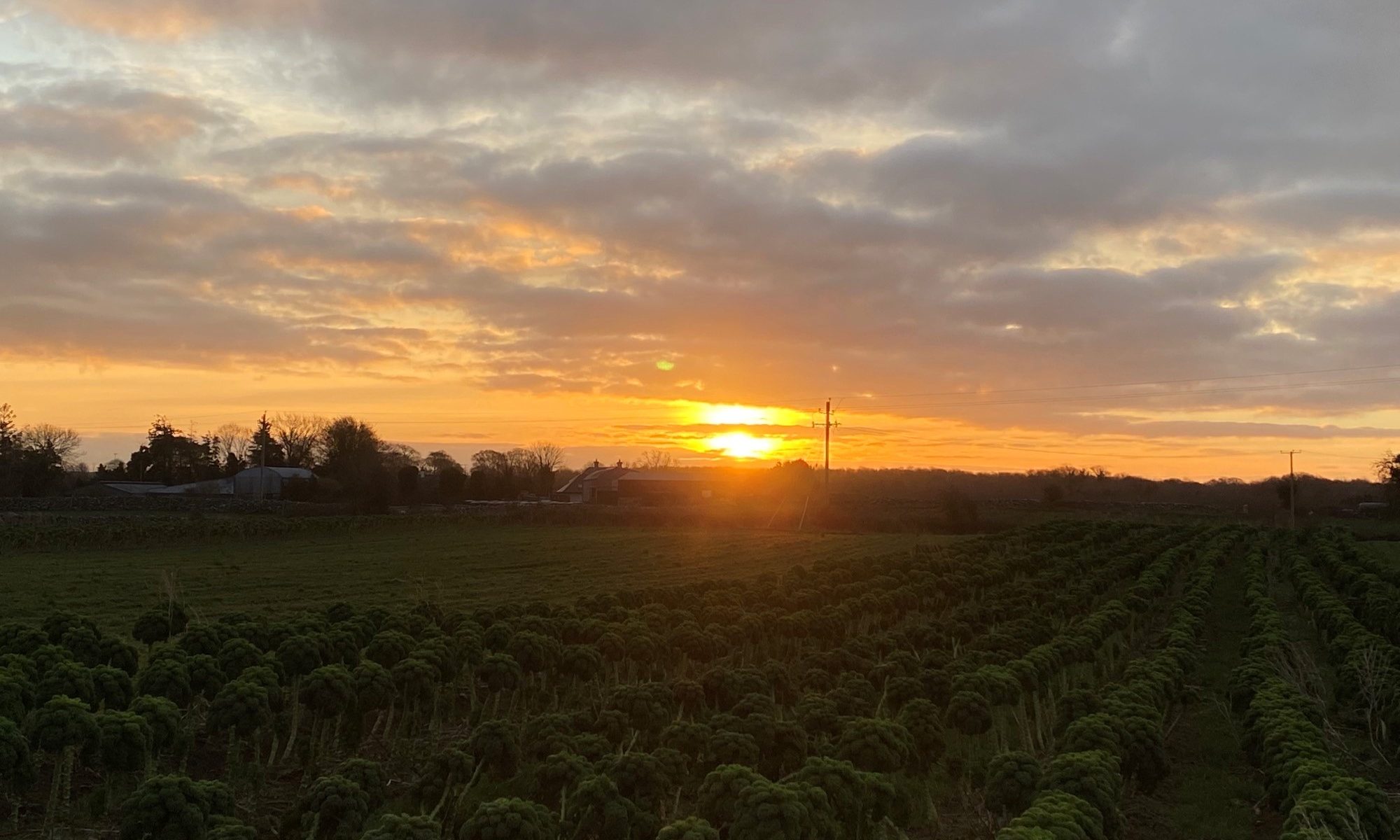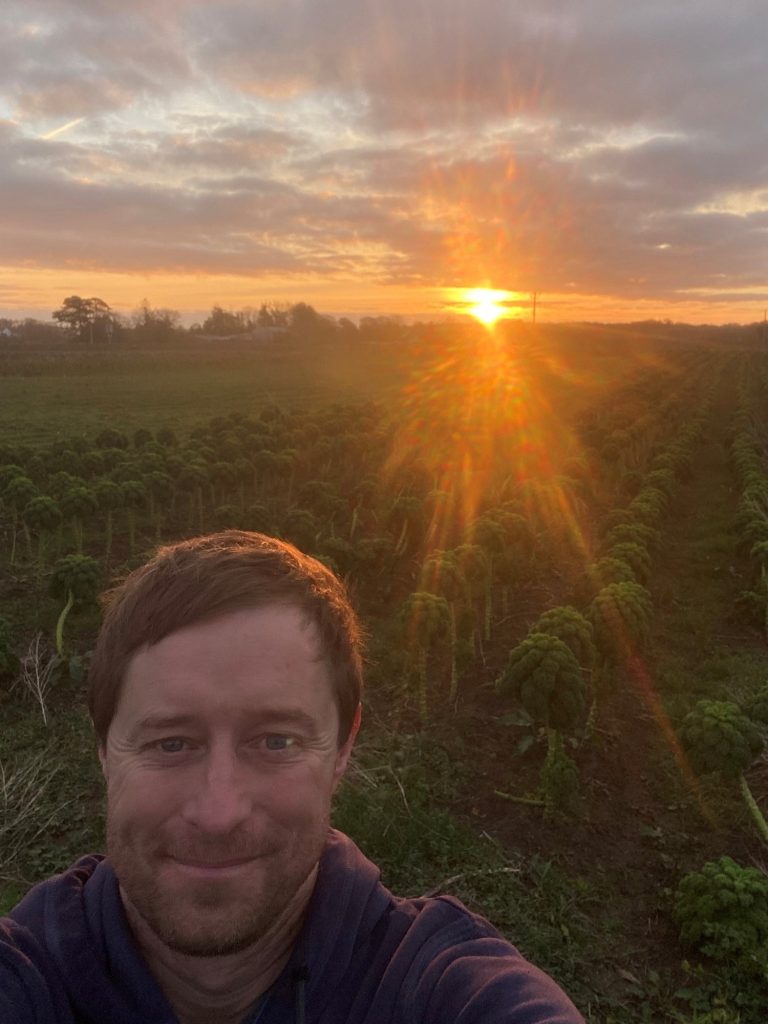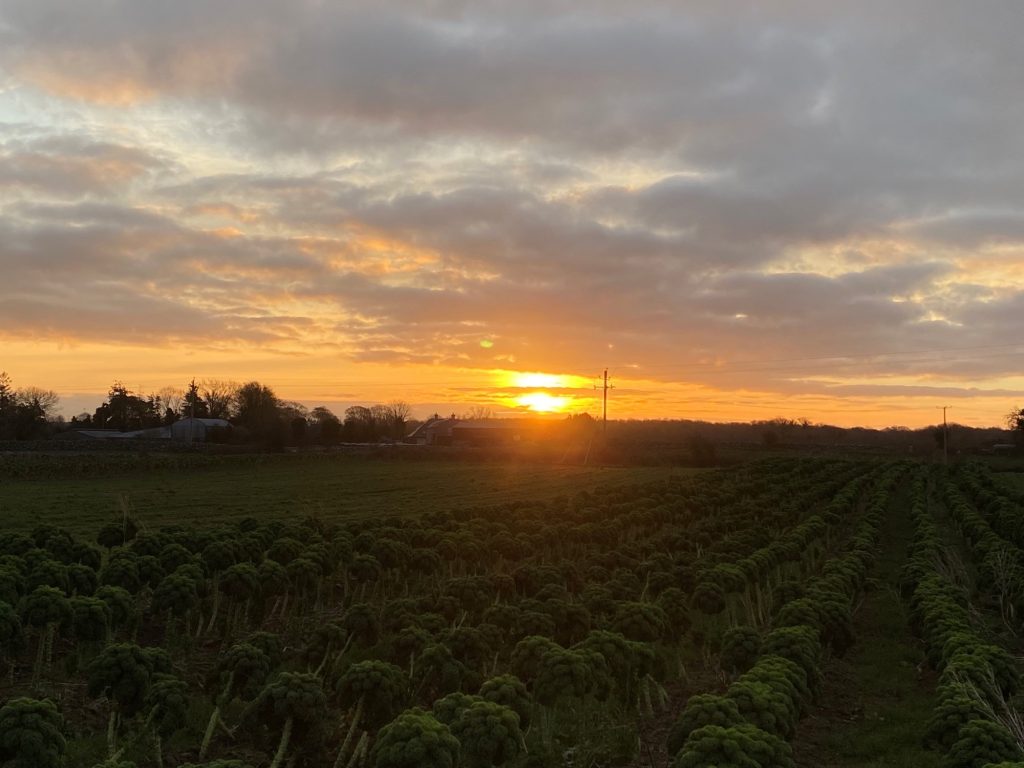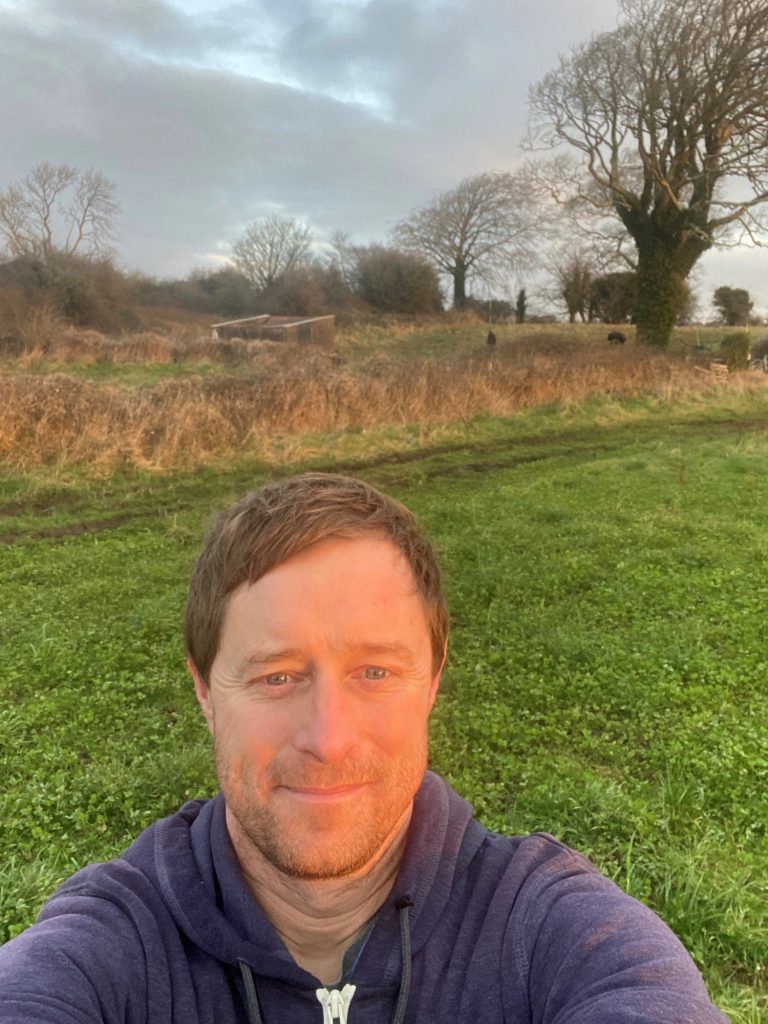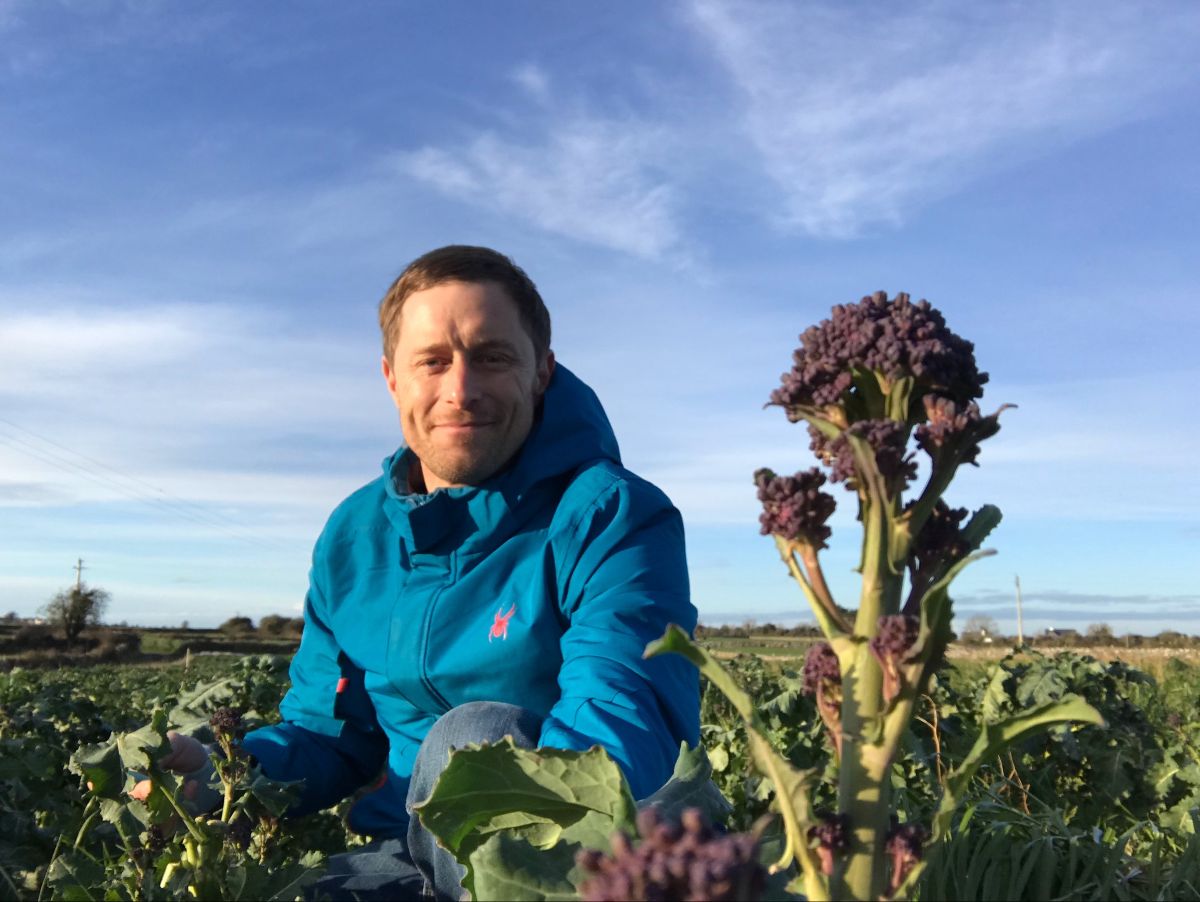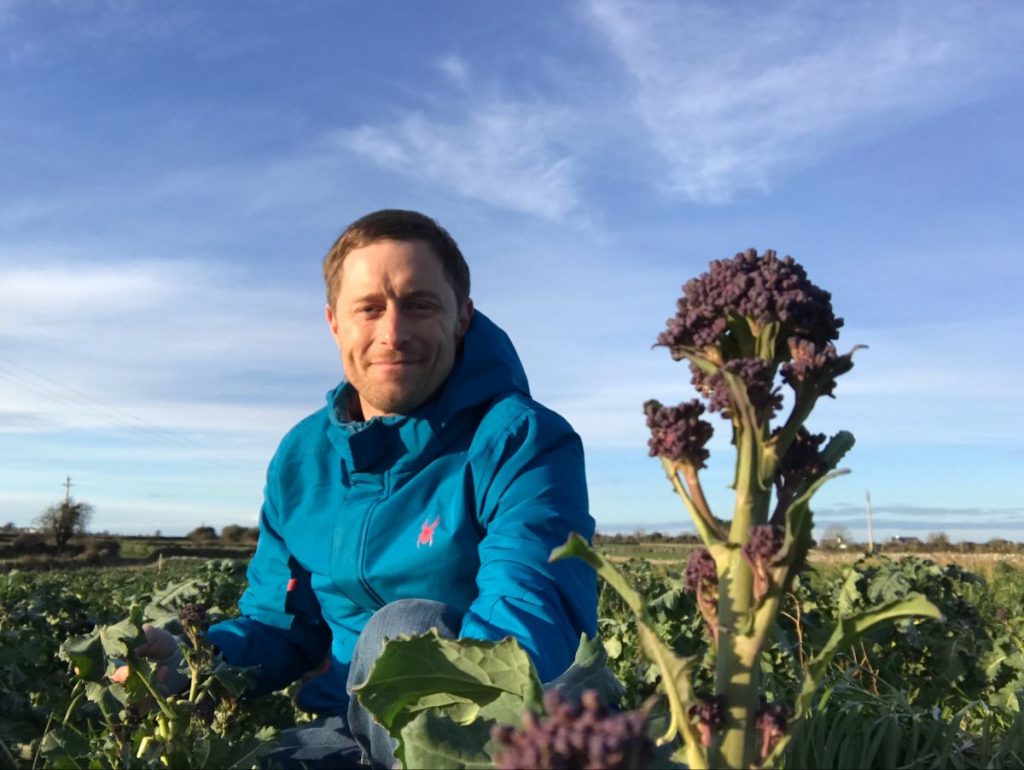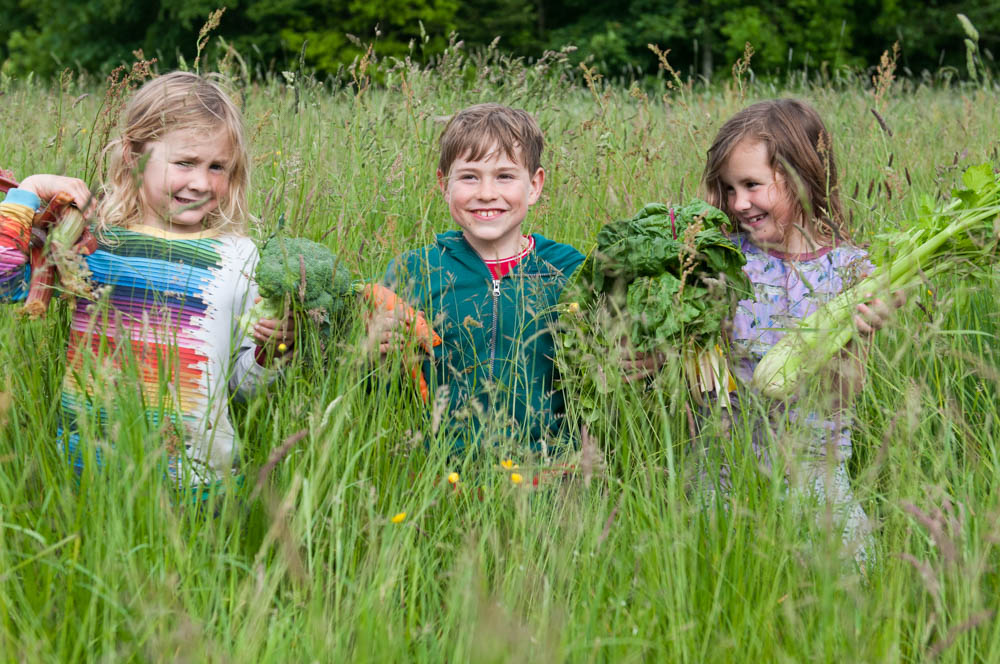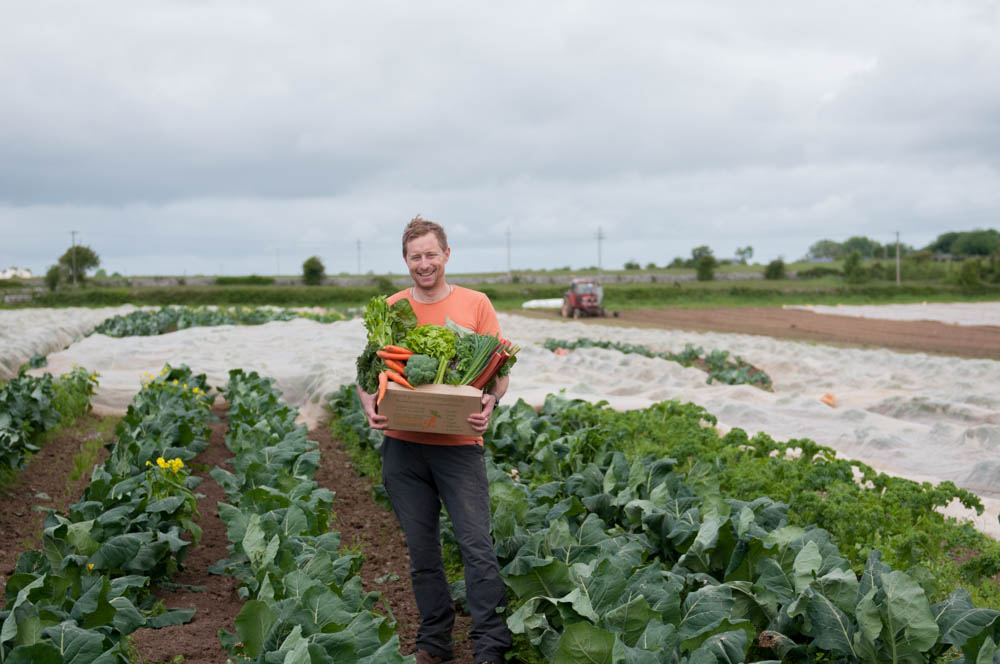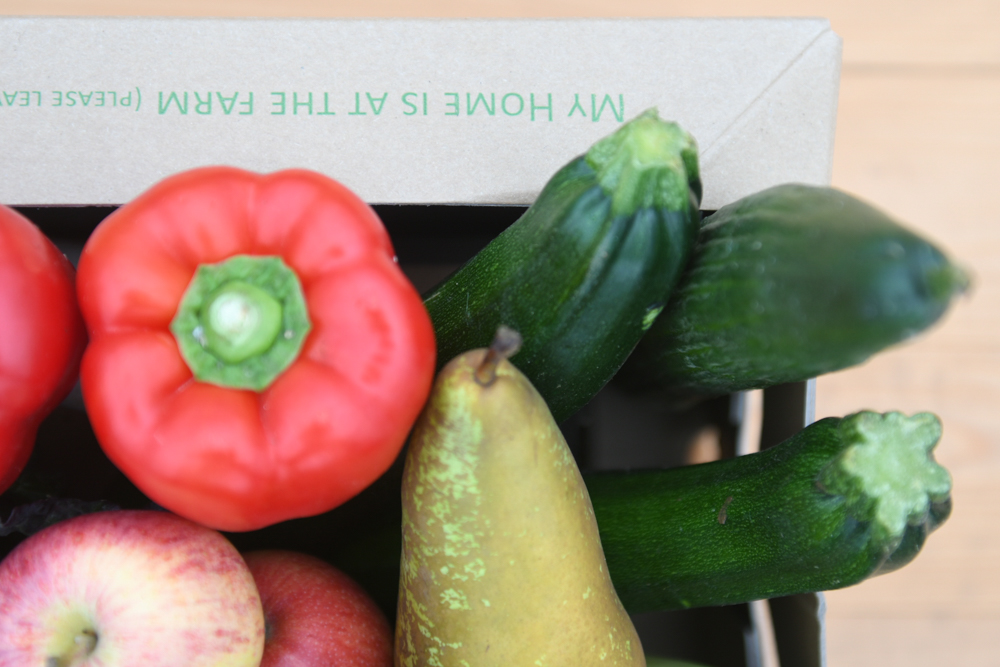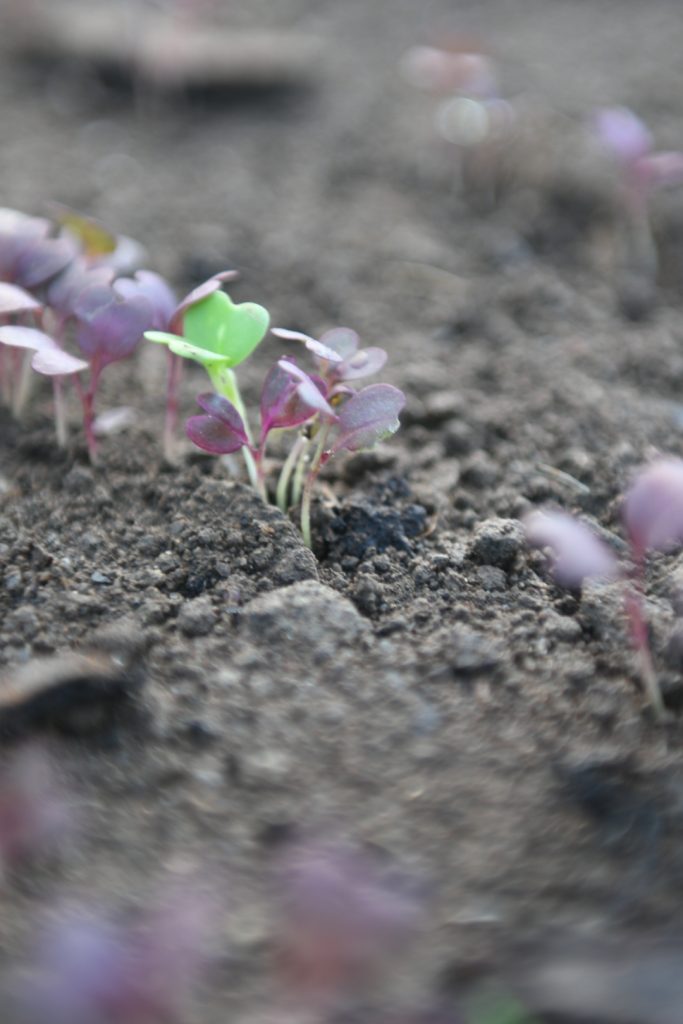
A sense of possibility and new beginnings is naturally in the air in Spring. On the farm, maybe it is the start of the new plant and seed arrivals that kindles this feeling, there is a sense that we can do things better this year, that we will try a little harder to get things right, that all will be well in the end.
Nature is waking up, the birds are singing, the daffodils are blooming, the new leaves are beginning to unfurl on the trees. The extra daylight means that life cycles are changing and growth increasing, it is a natural rhythm, and it resonates on a subconscious level if you let it.
Even our lovely new season salad is responding well to the extra light, and we will be harvesting our first crop of the new season next week.
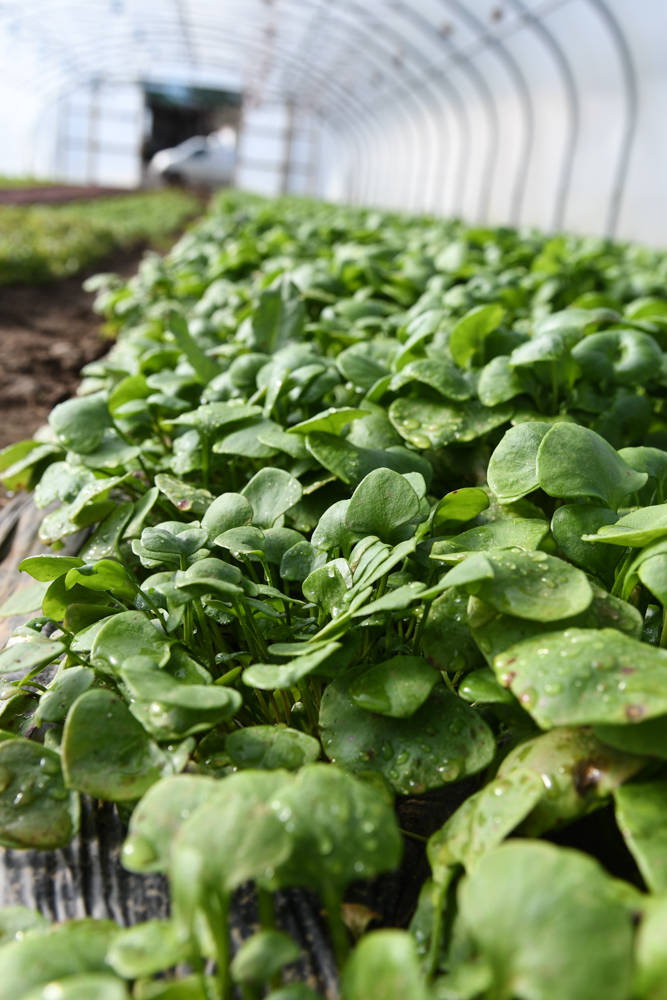
The sun is higher in the sky and on clear days you can feel the first tendrils of warmth, there is more power too in its rays, the plants respond to it, we respond to it and the solar panels on our shed respond to it!
Frequently now we can see plants growing, hear the birds singing and the insects buzzing well before it is time. This can be symbolic of a world out of sync and it has ramifications for all living systems.
Planning a season of vegetable growing on the farm becomes more of a gamble as the natural order we rely on can change unpredictably and dramatically.
The change in our weather is a complex global problem, and the solutions too will necessitate change on a global level. But maybe the solutions are also simpler that we think, down at the level of you and I there is much that can be done.
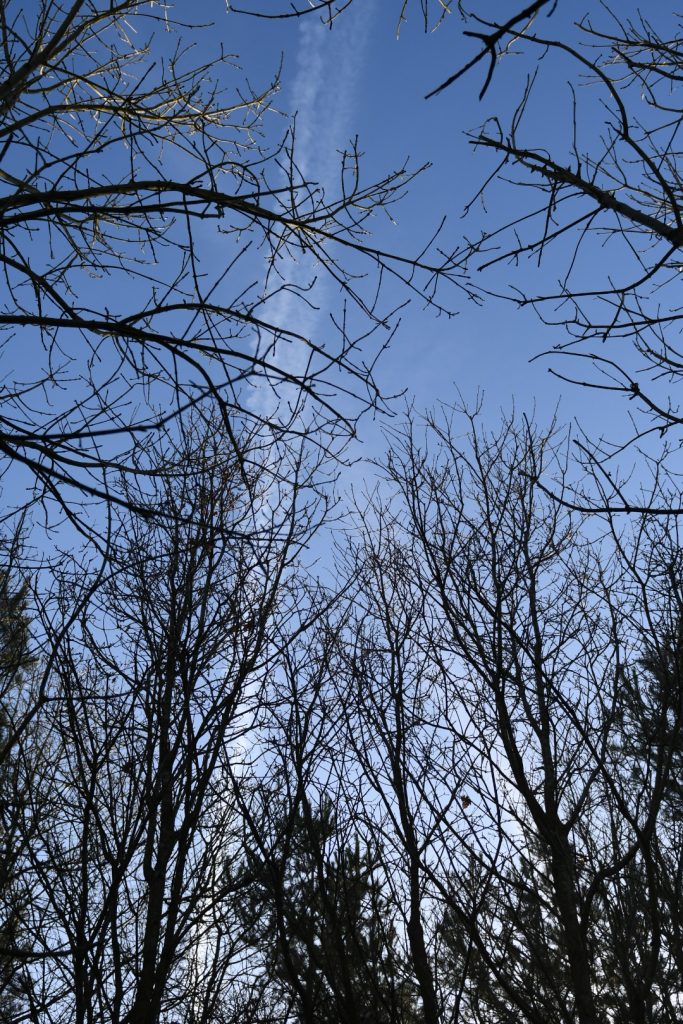
Sometimes it seems to me that simple, traditional solutions can be overlooked. Planting trees is one of the simplest ways to help redress the balance, something we have done quite a bit of over the last number of years.
By supporting local food growers like us and the range of other growers we source from, you too are doing your bit to tackle the climate crisis.
The prediction of the weather for the year ahead was often associated with a saying closely tied to trees:
“Ash before oak you are in for a soak, oak before ash you are in for a splash”.
We are watching this closely, as yet there is no news… Nevertheless, if living and farming in the west of Ireland has taught me one thing it is that the weather is unpredictable it changes fast and sometimes when you least expect it, it surprises you.
Kenneth
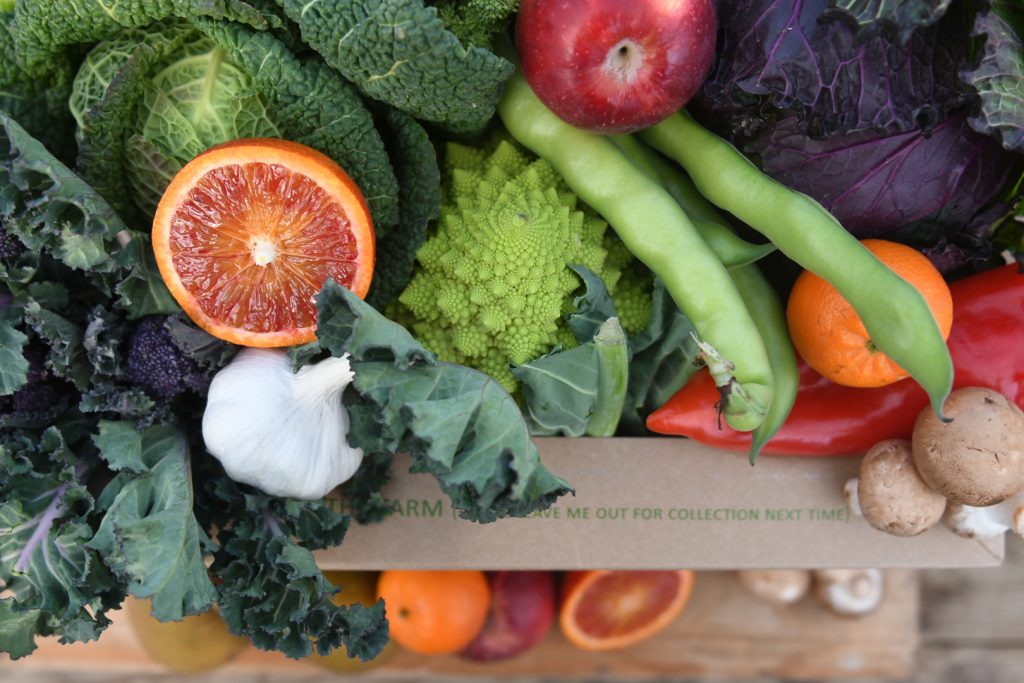
PS Thanks, to your generosity over the last two weeks in donating to the Ukraine crisis. We will announce the final figure next week, but currently we have raised with your help just over €4500 for the Ukraine appeal. Thank you so much.

